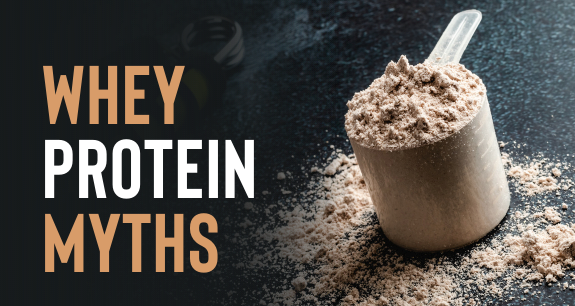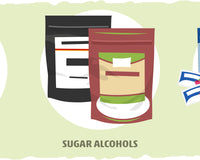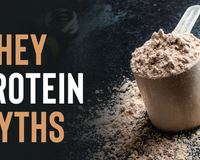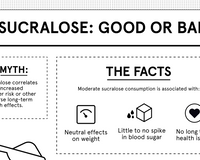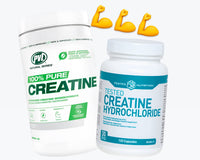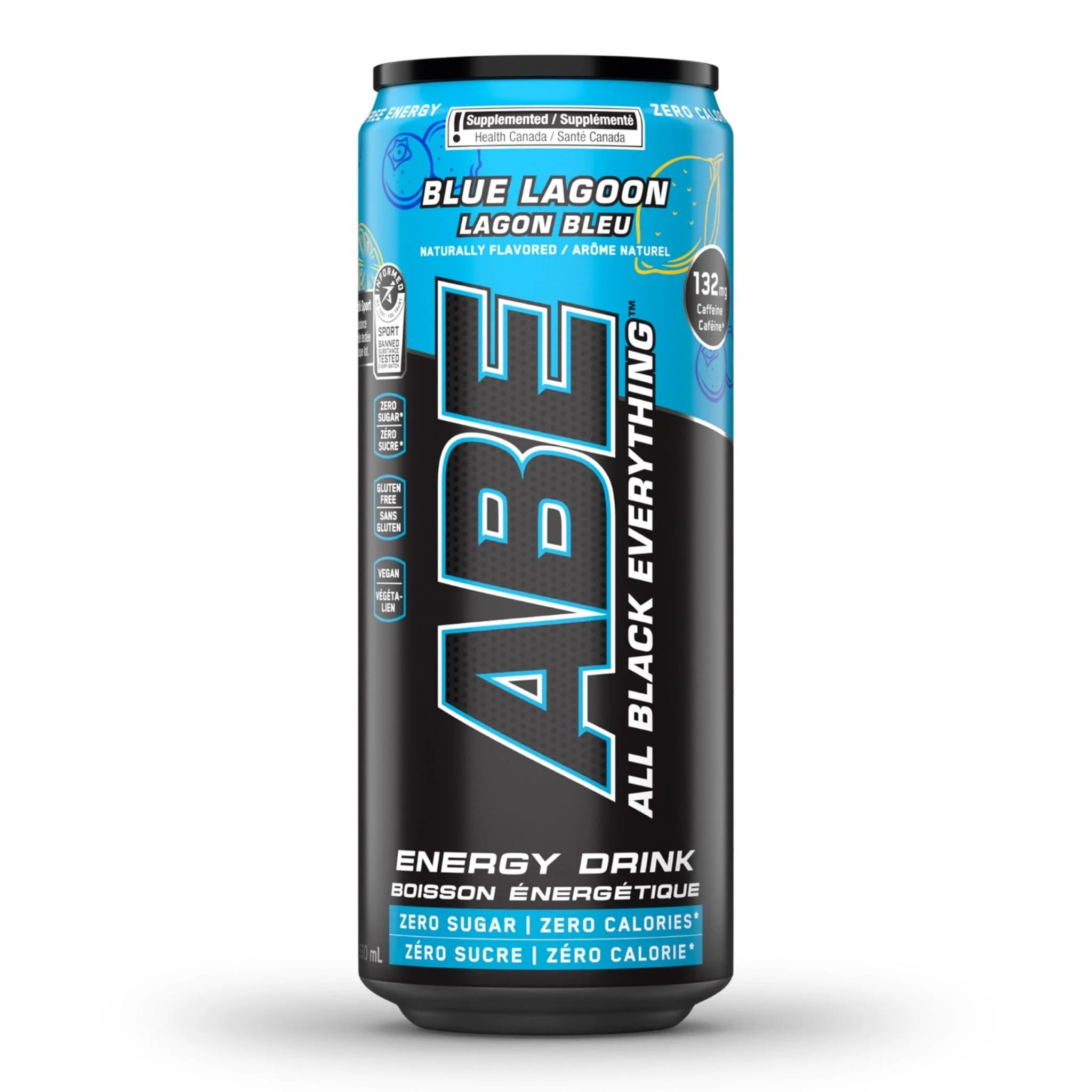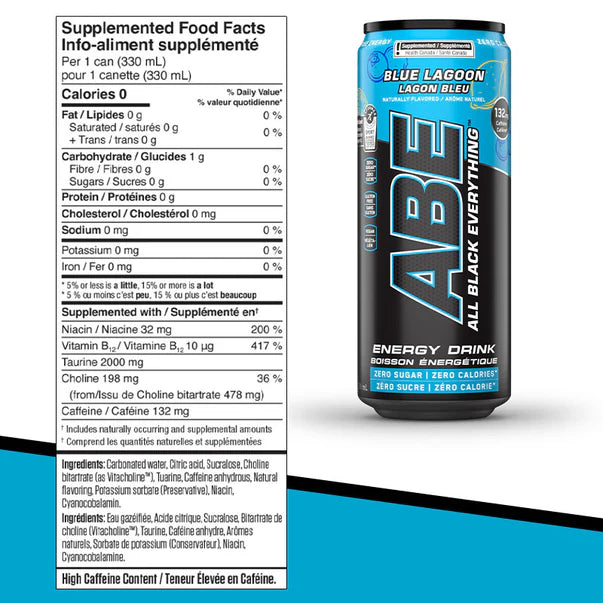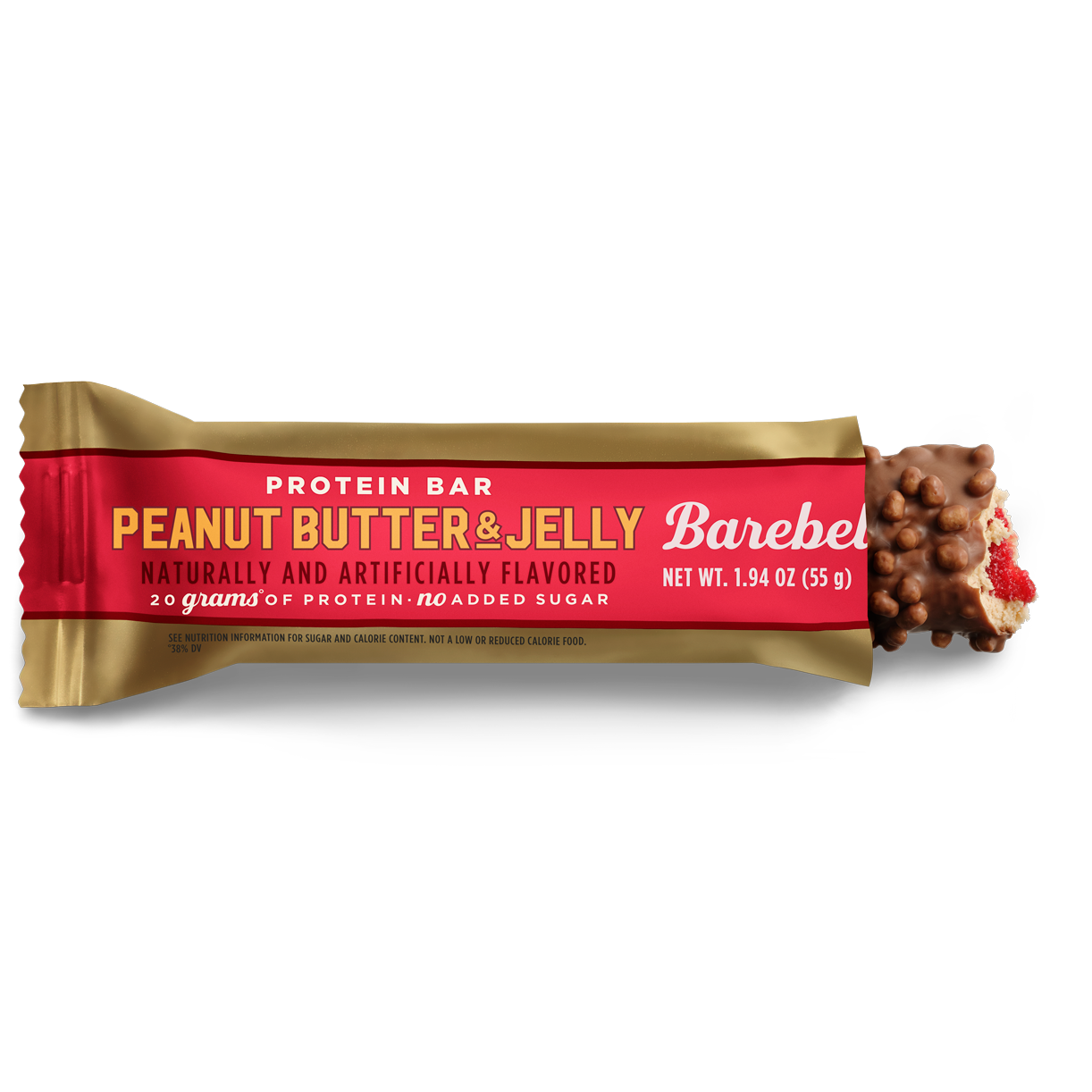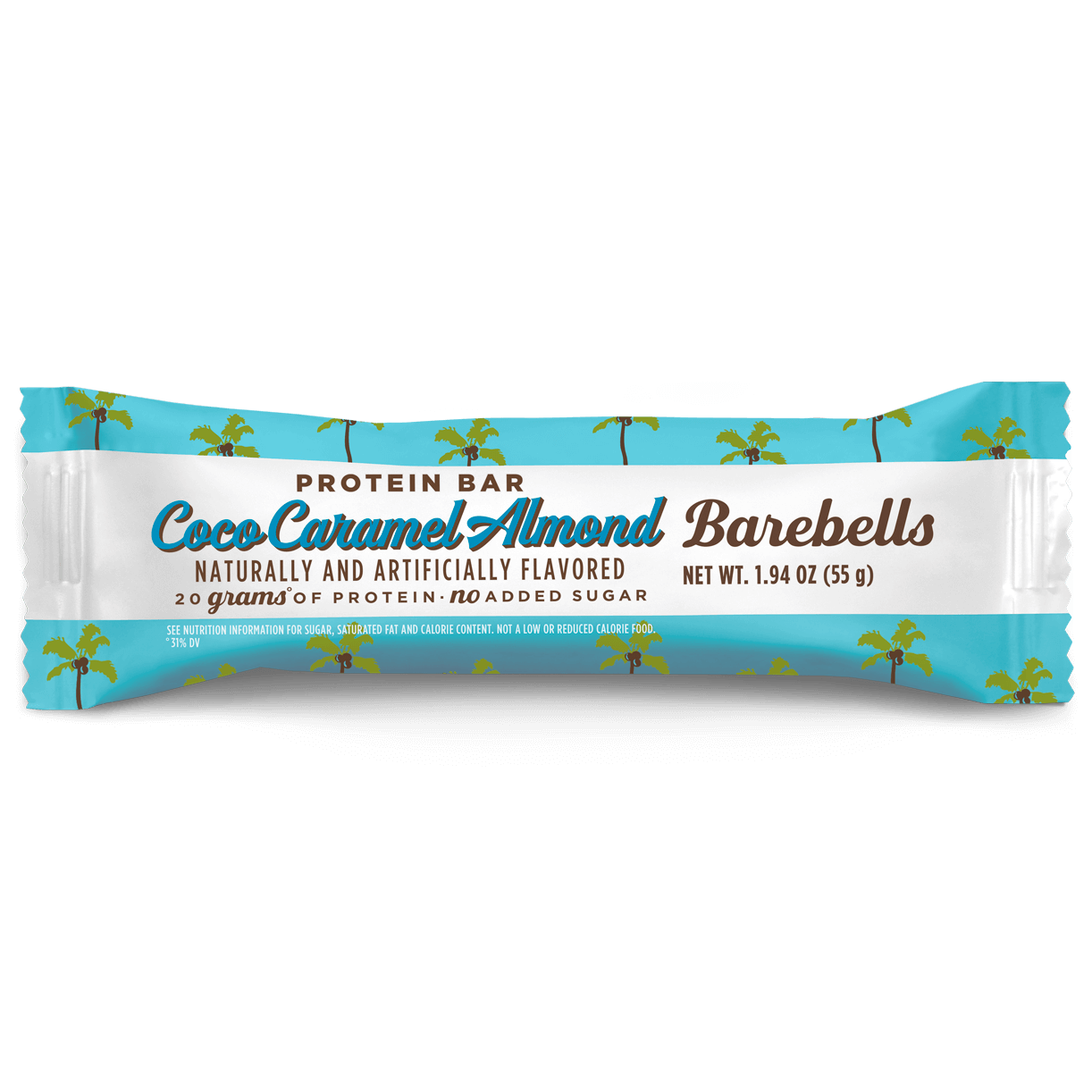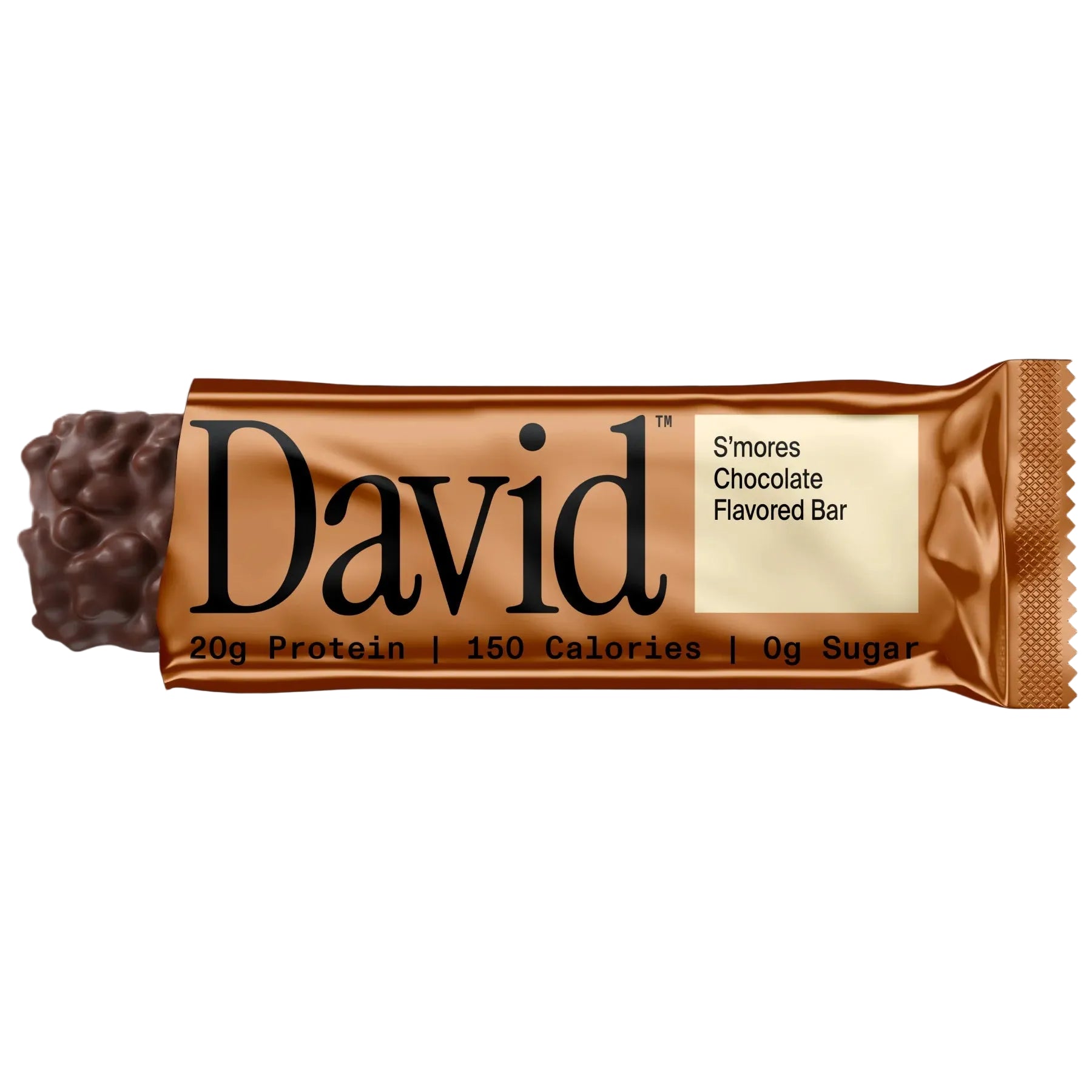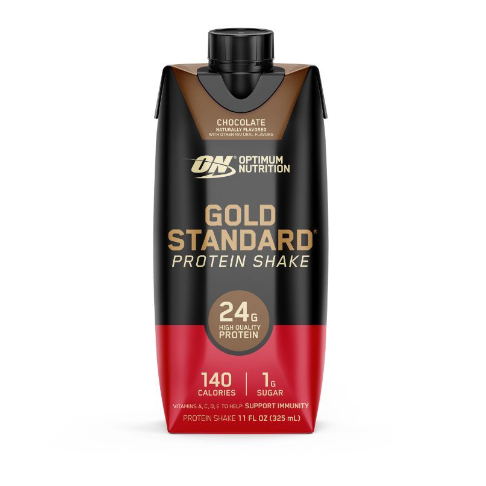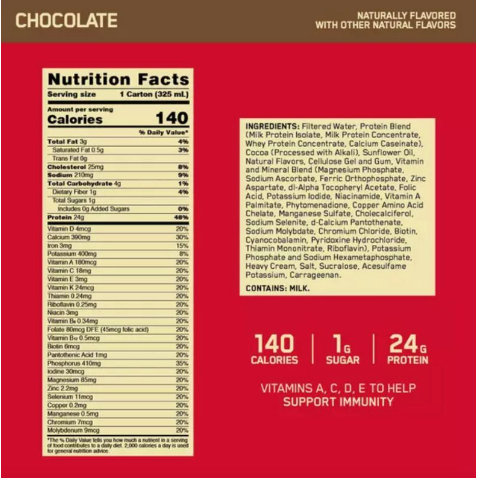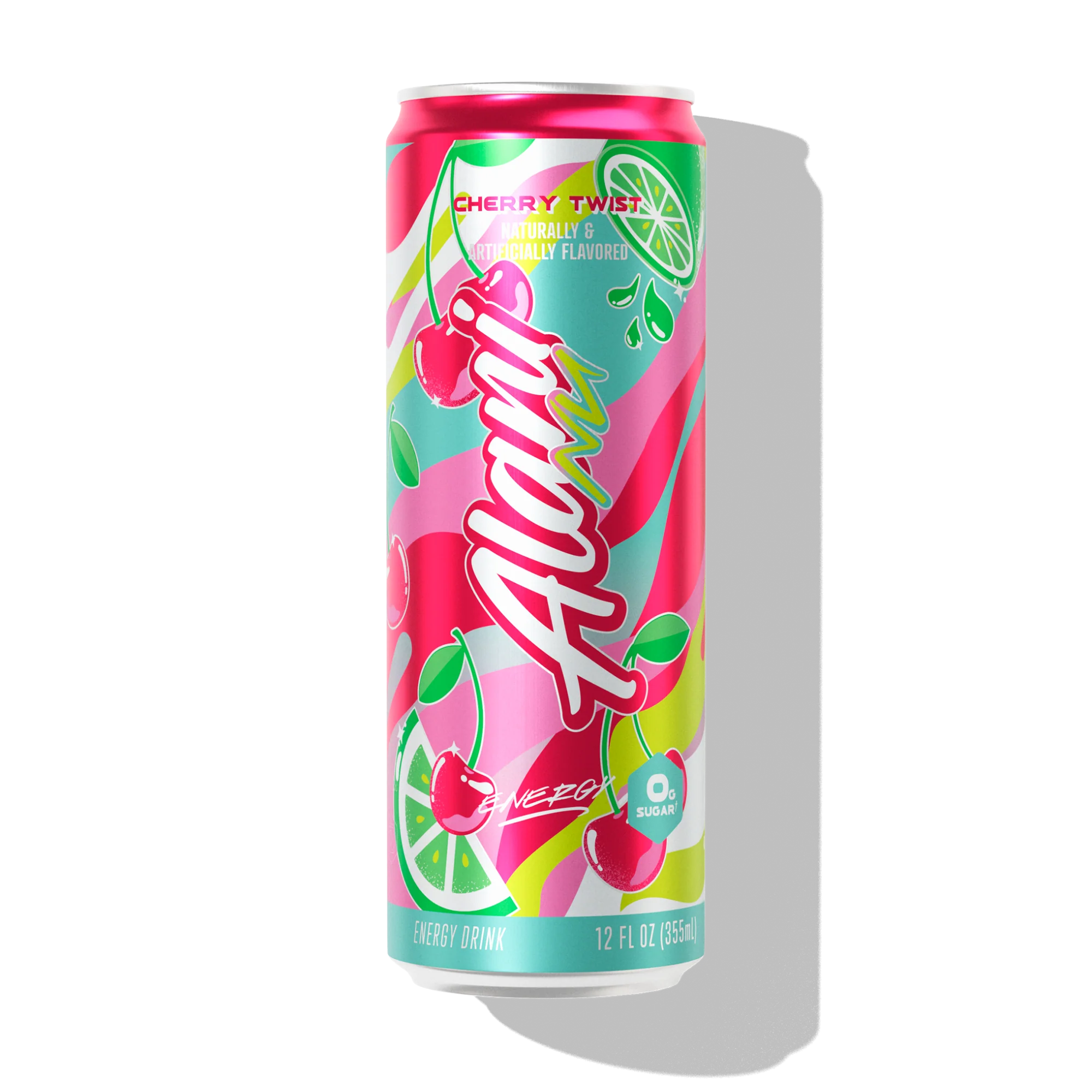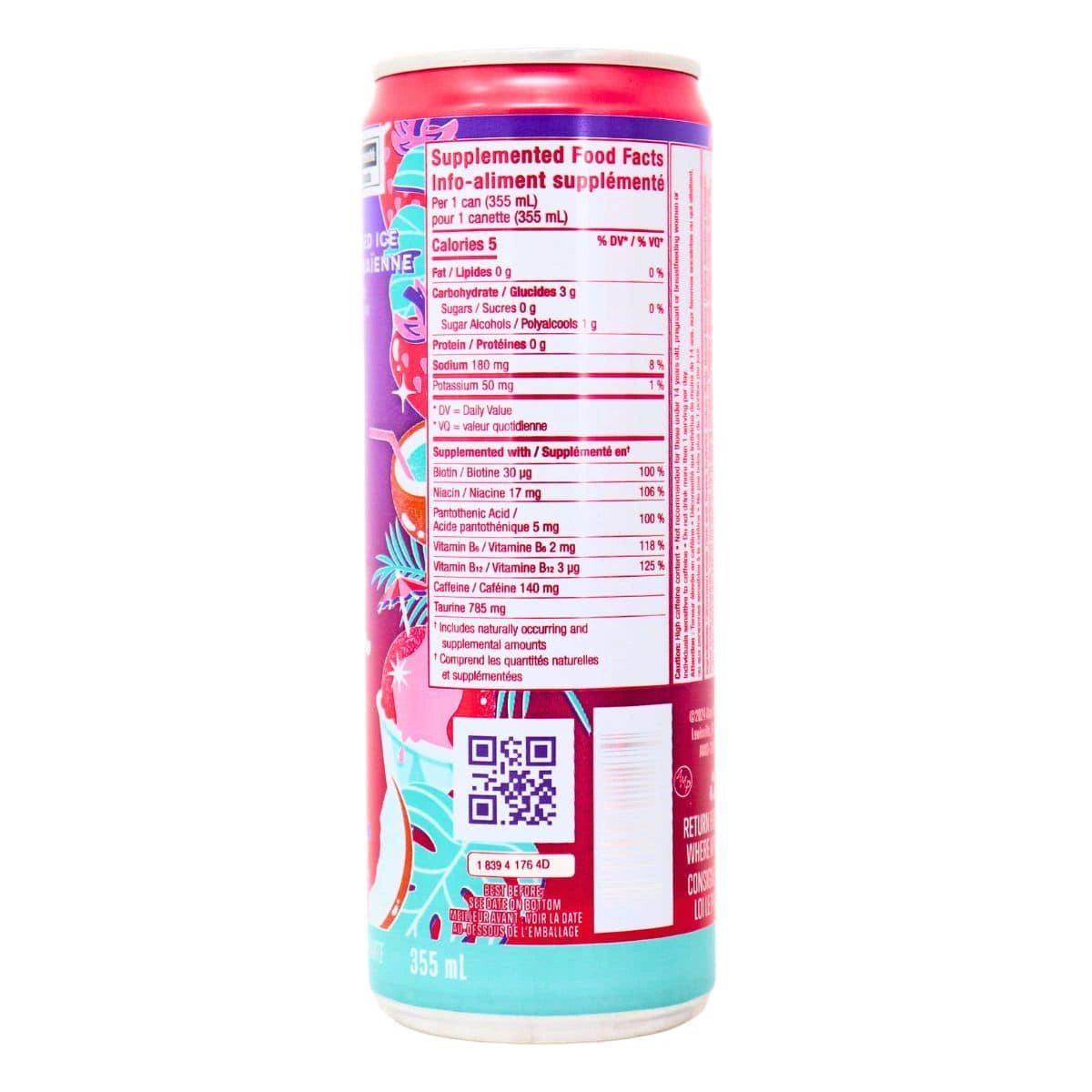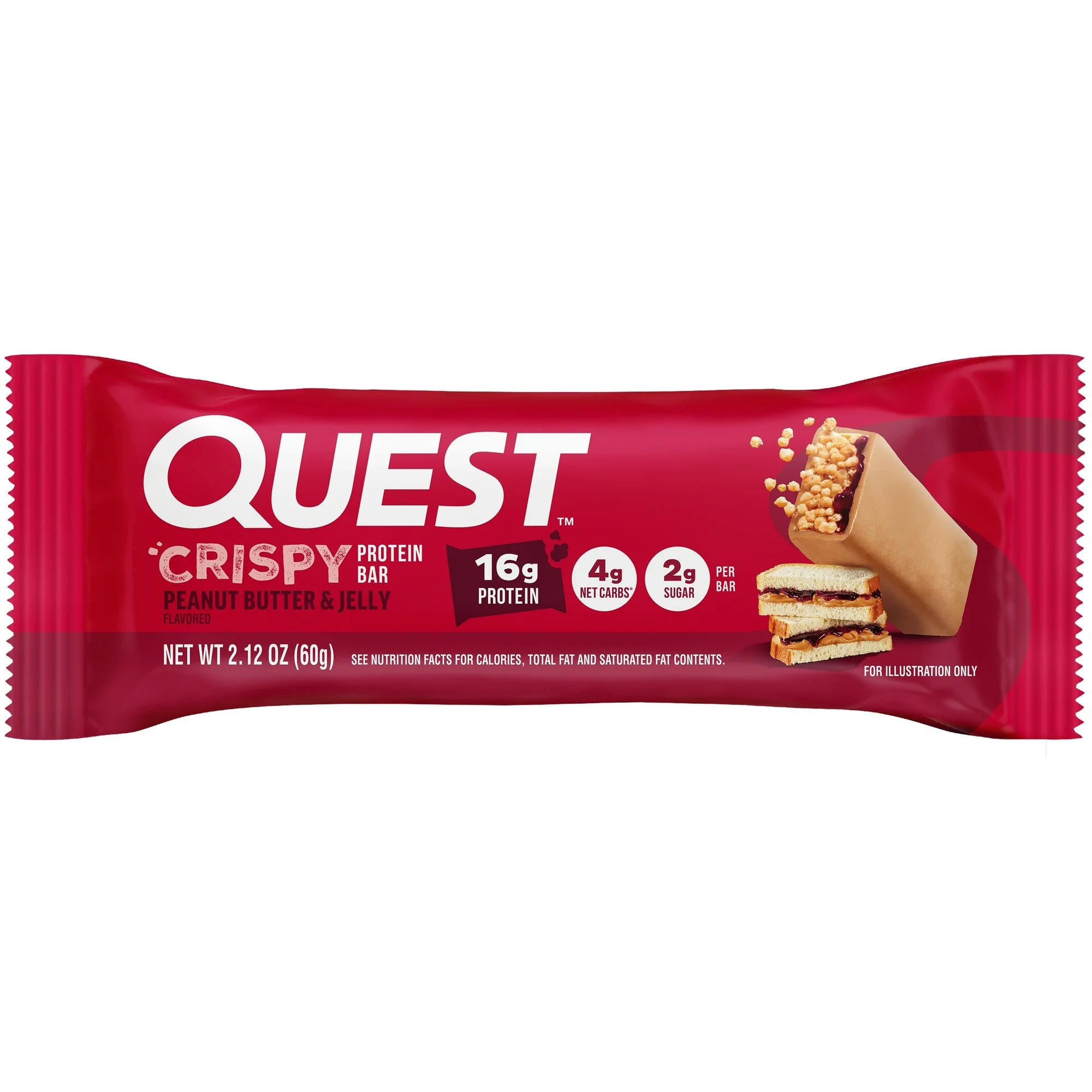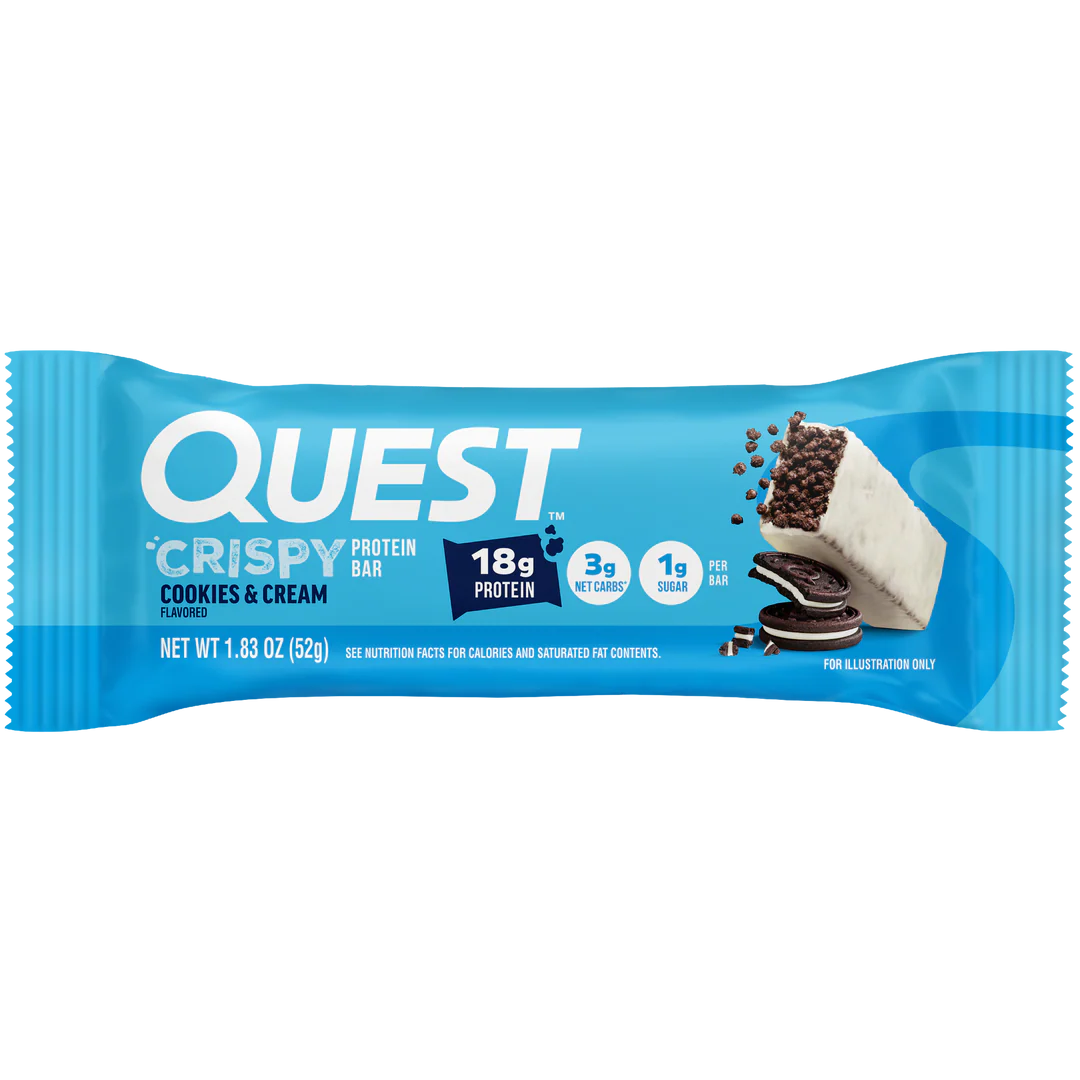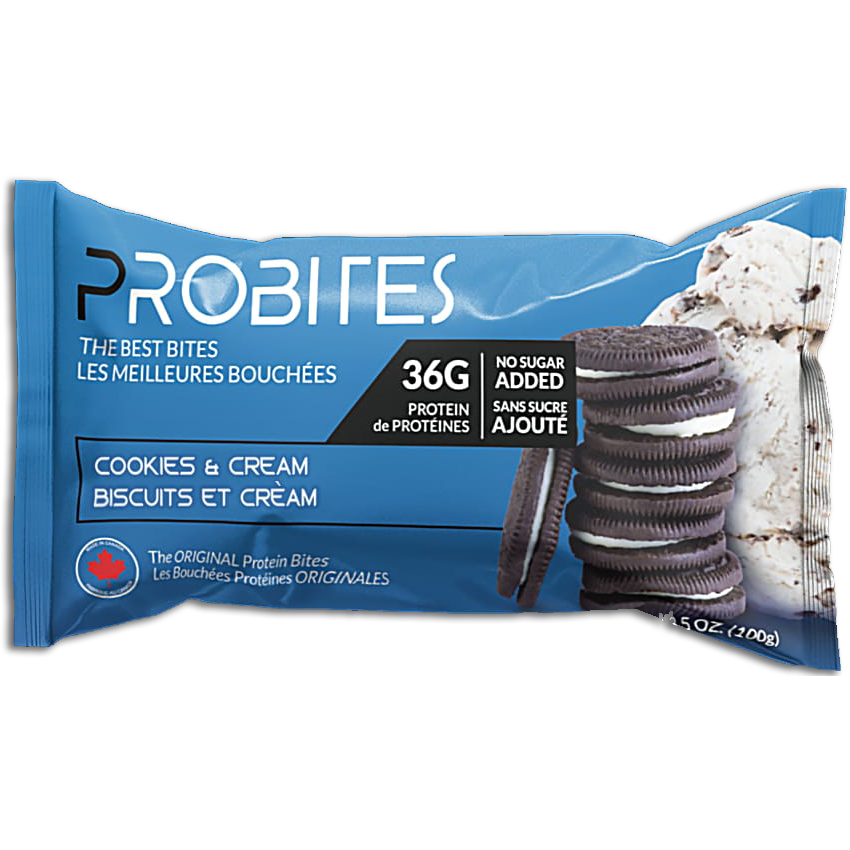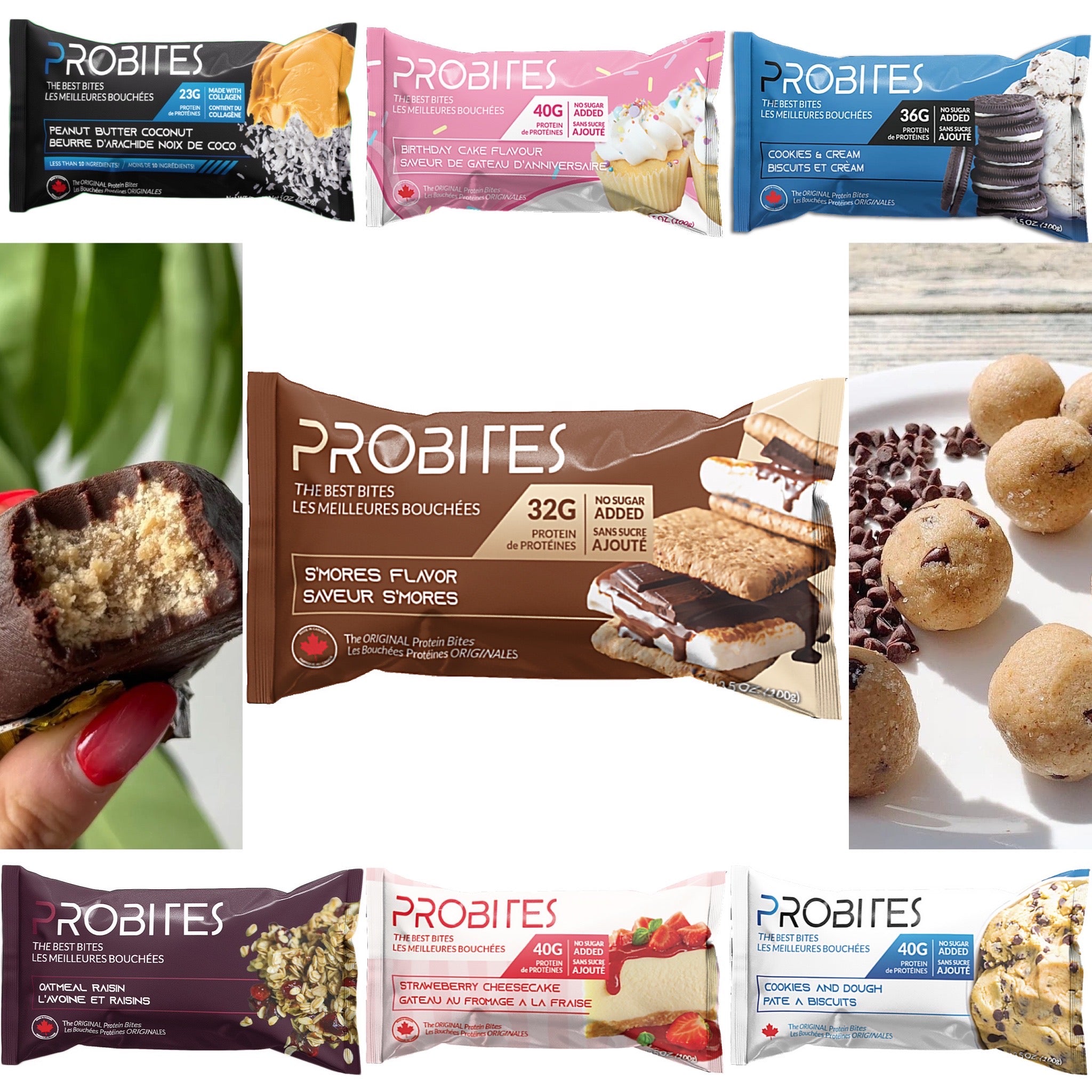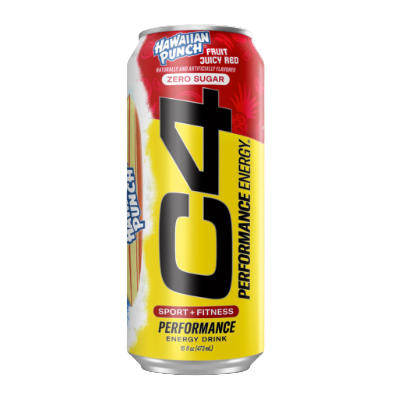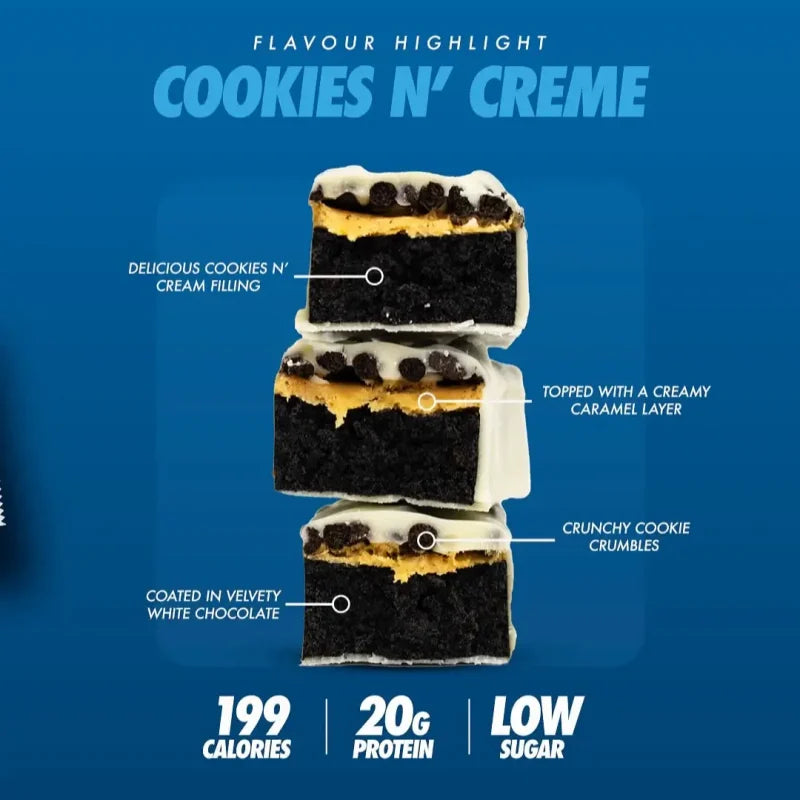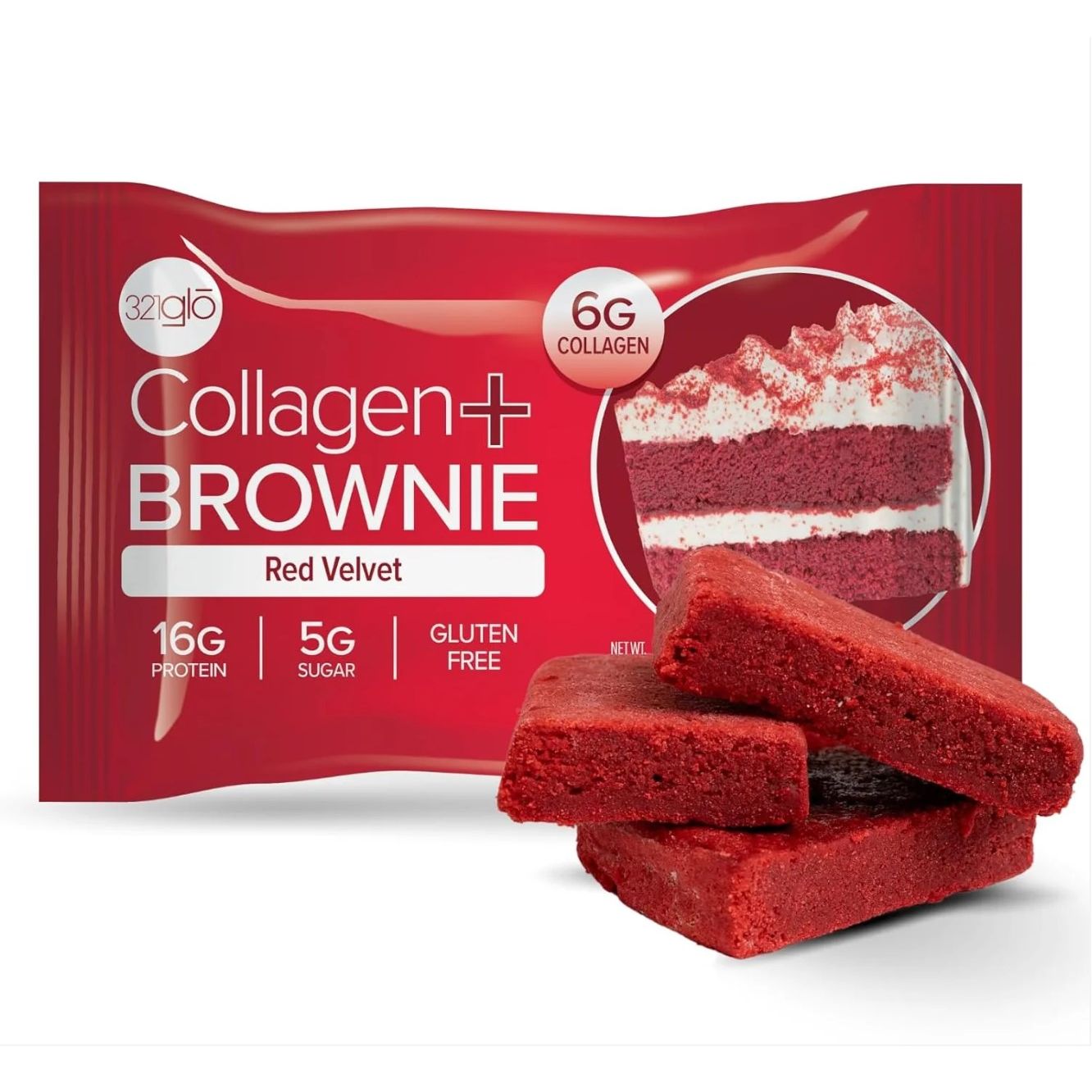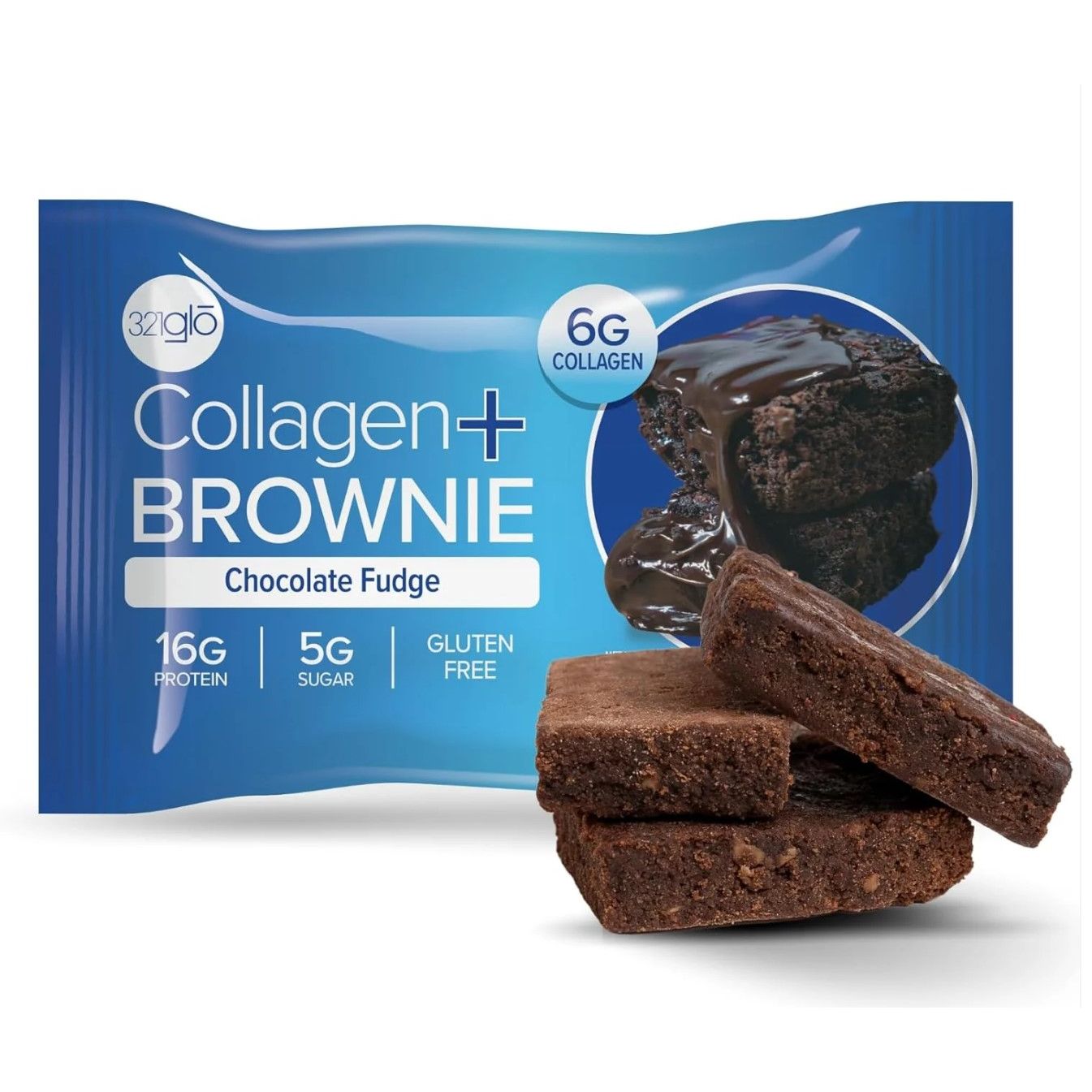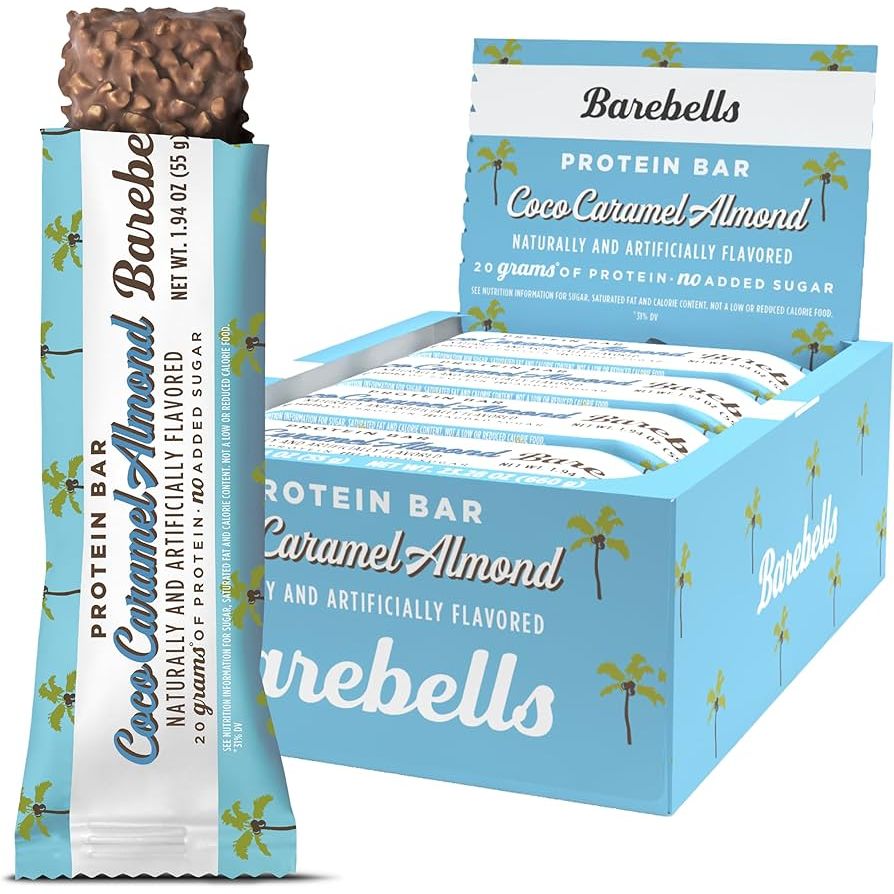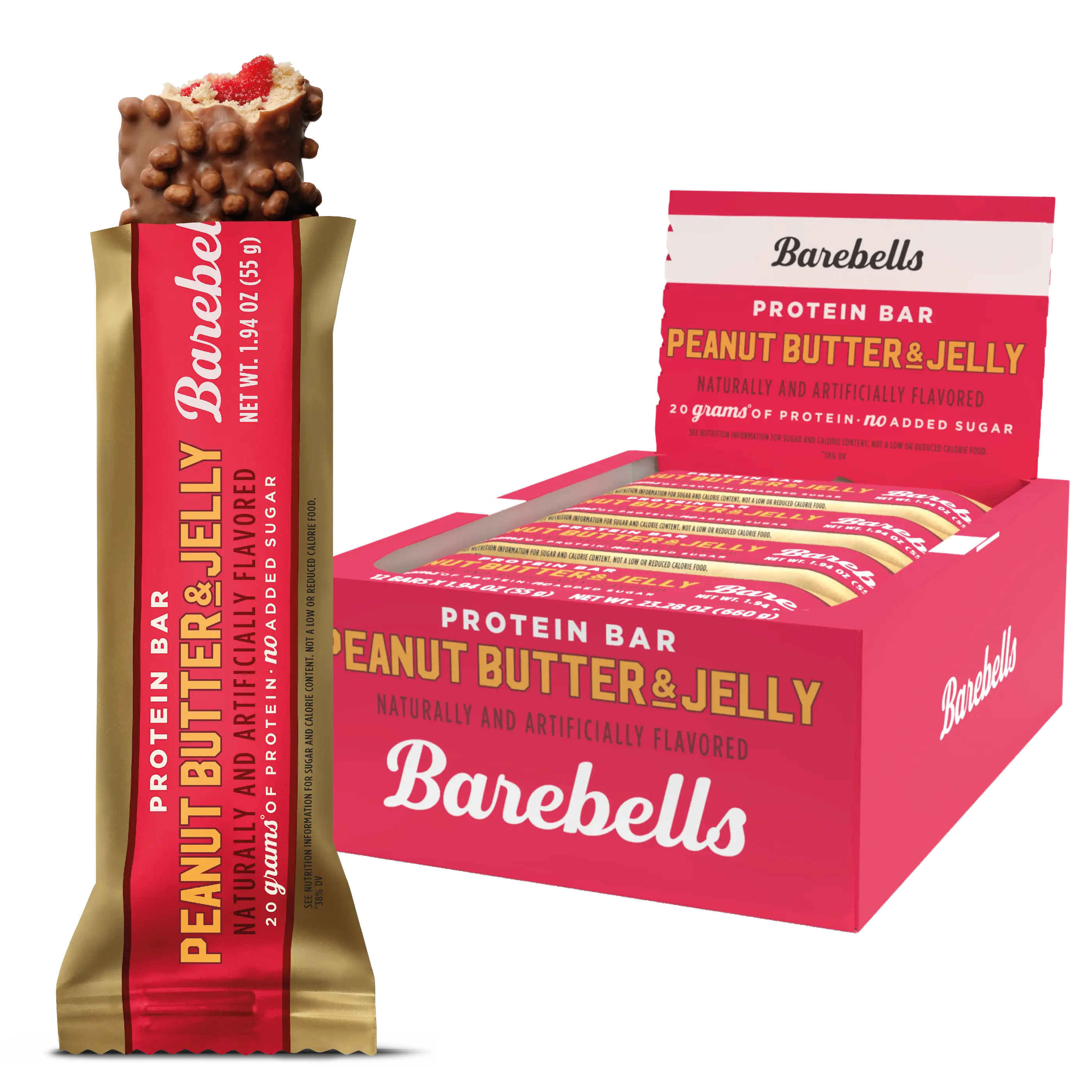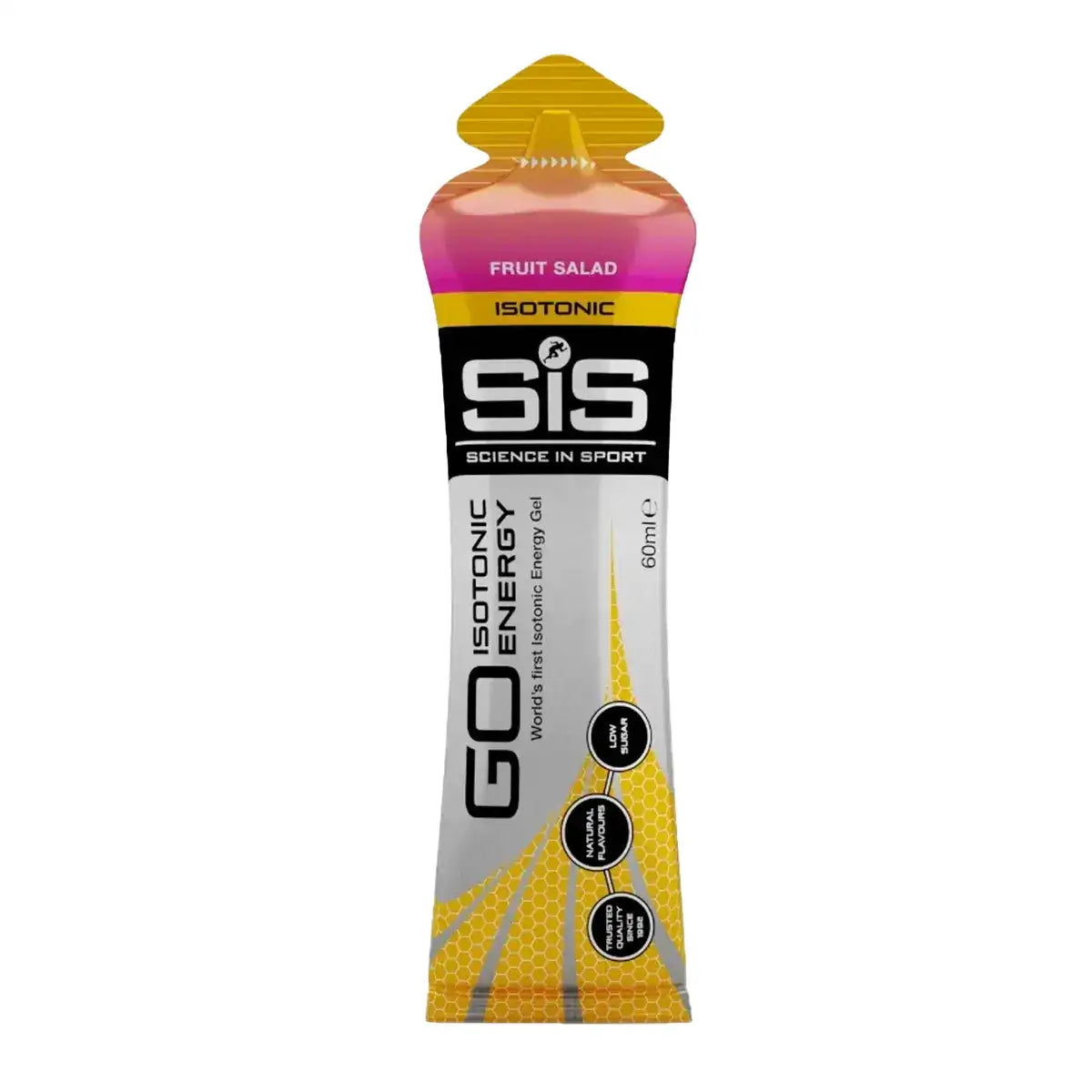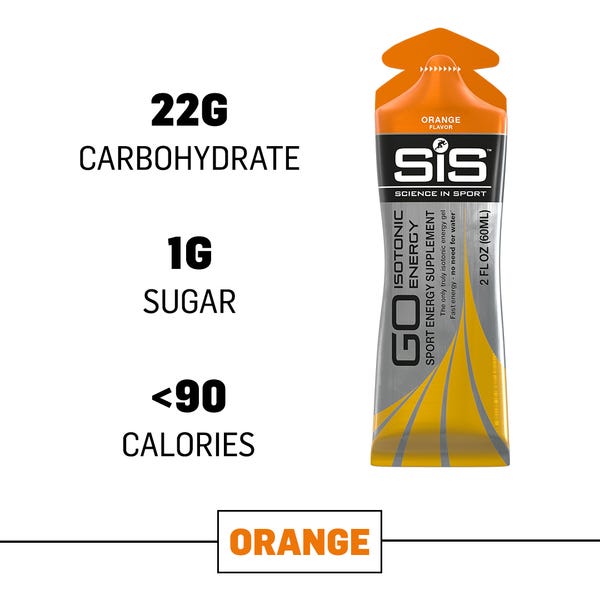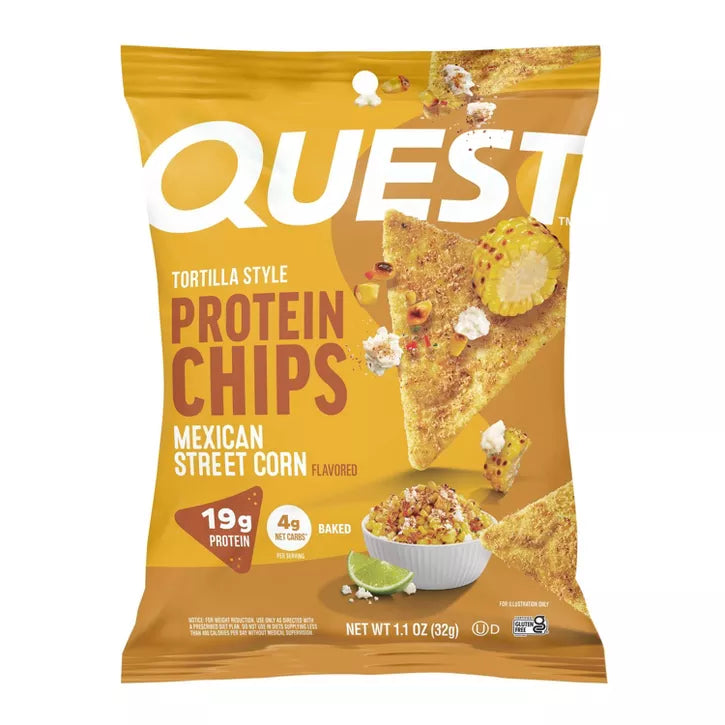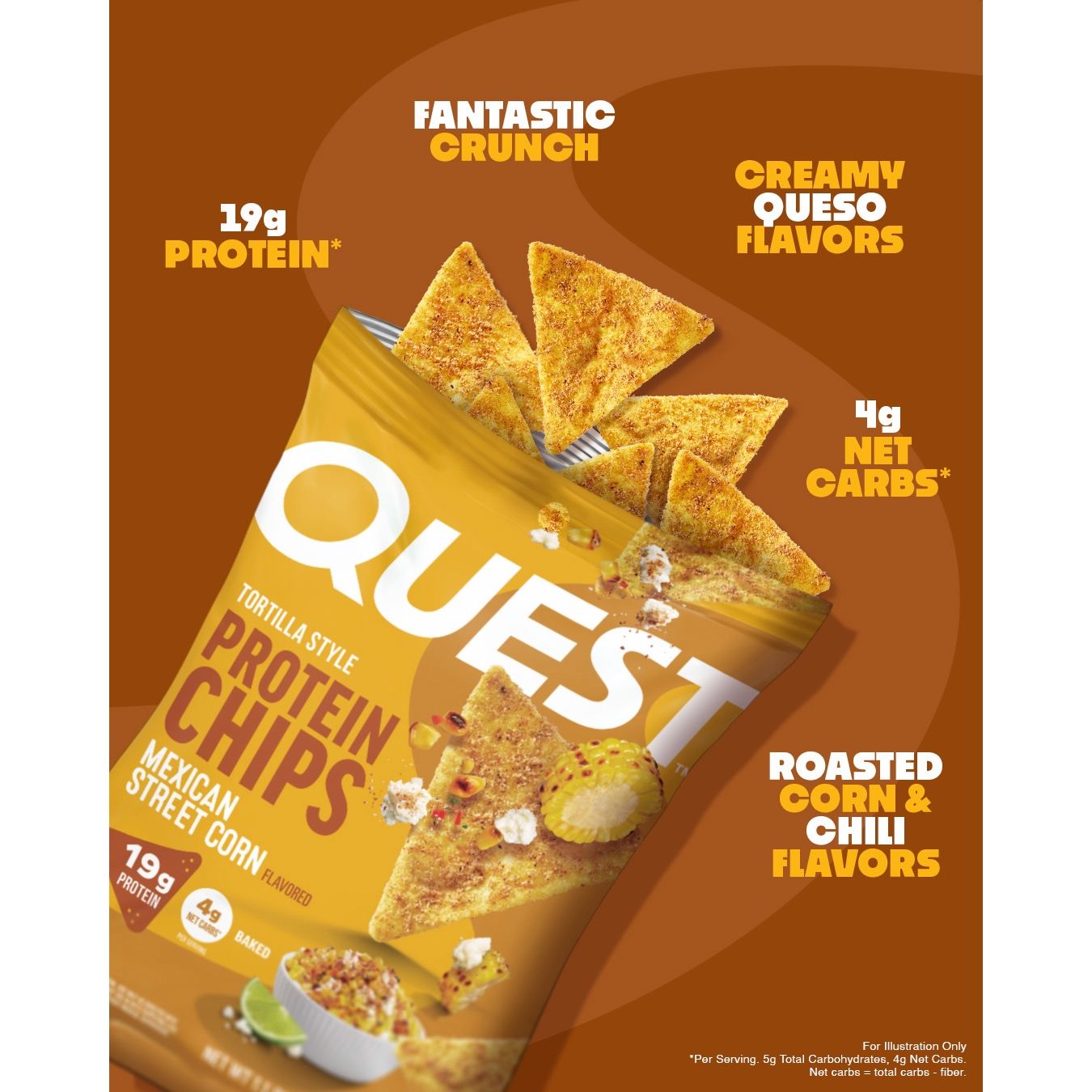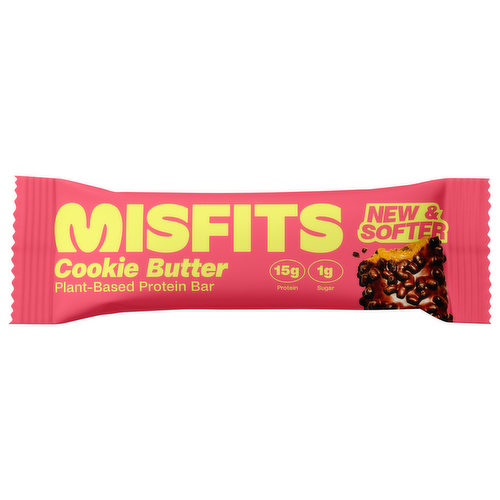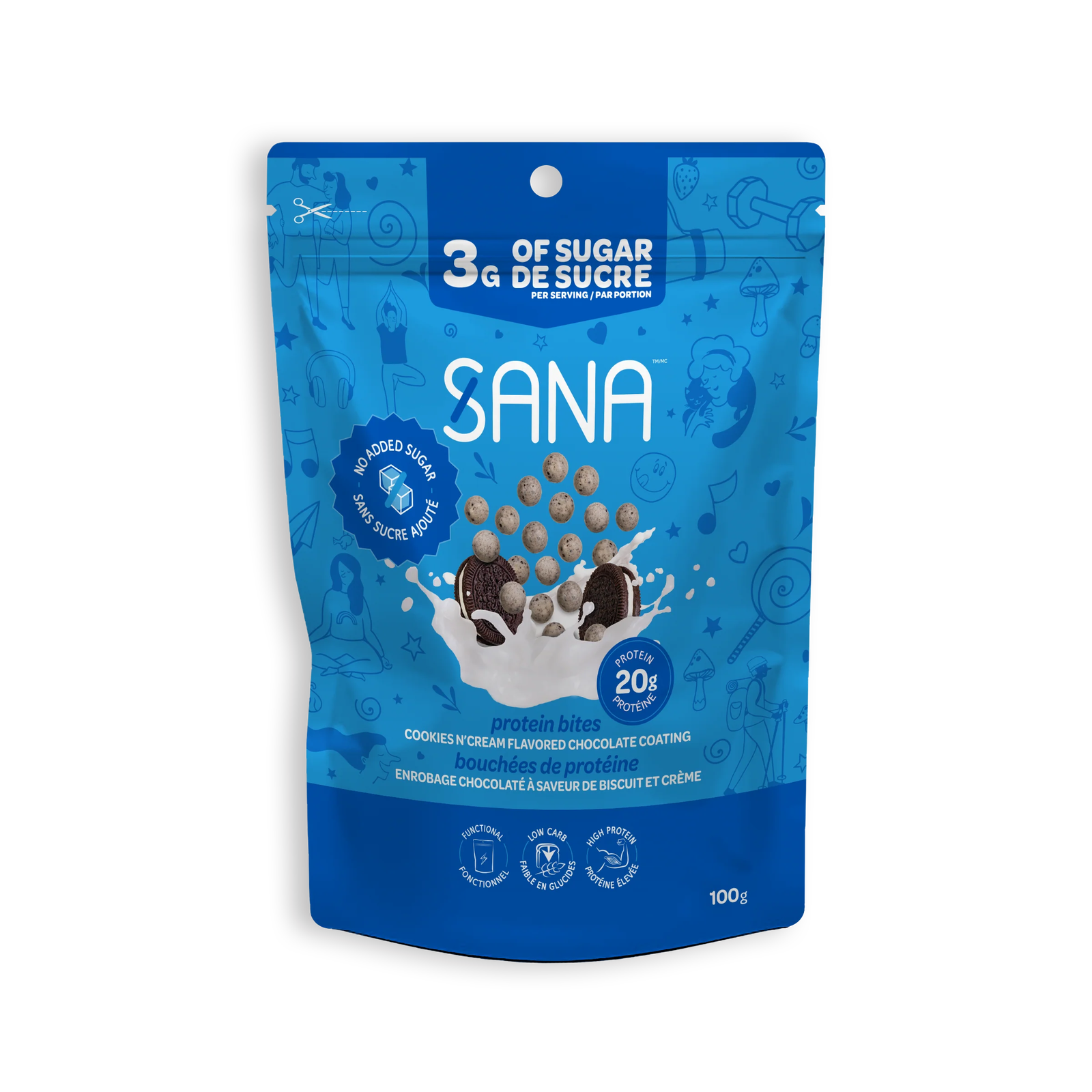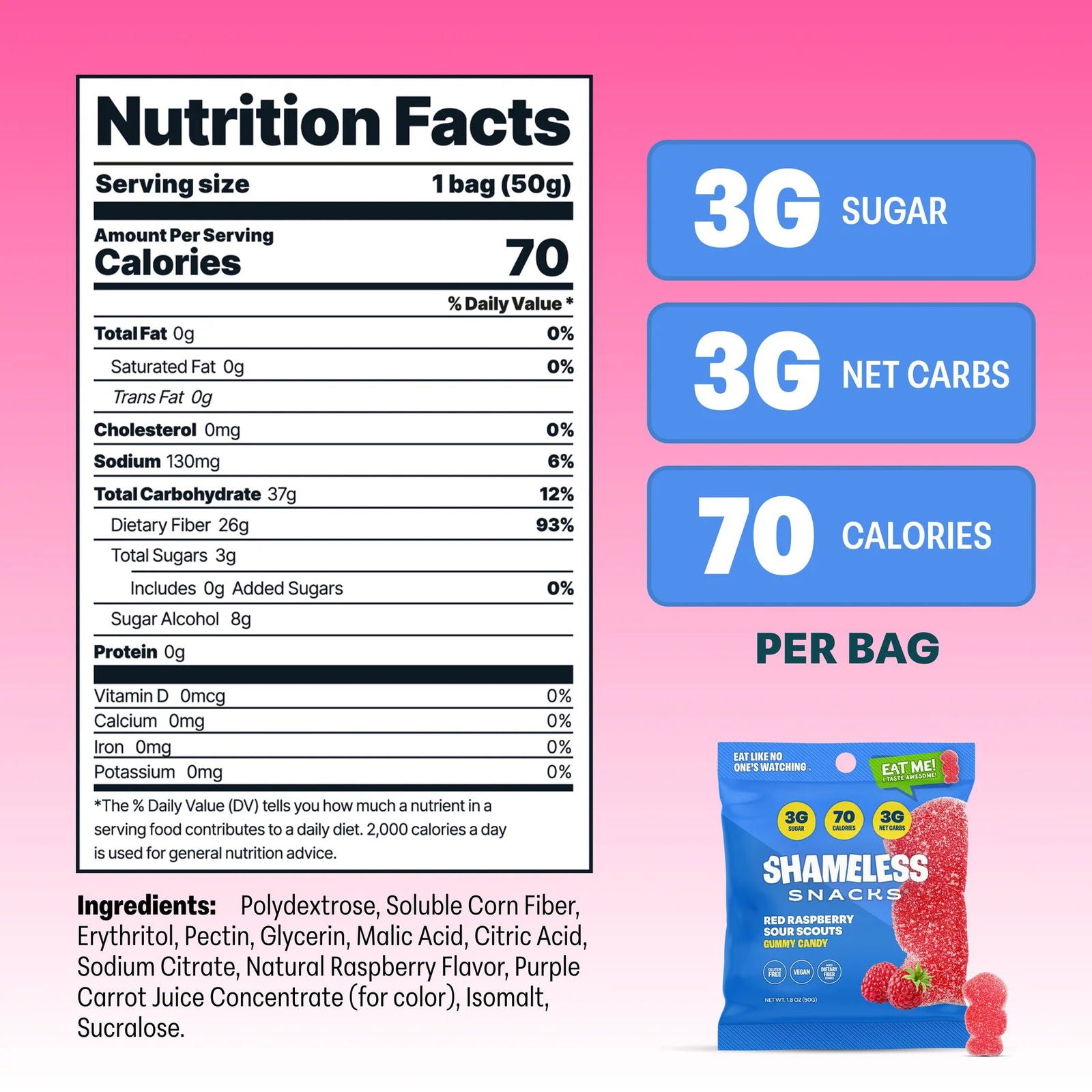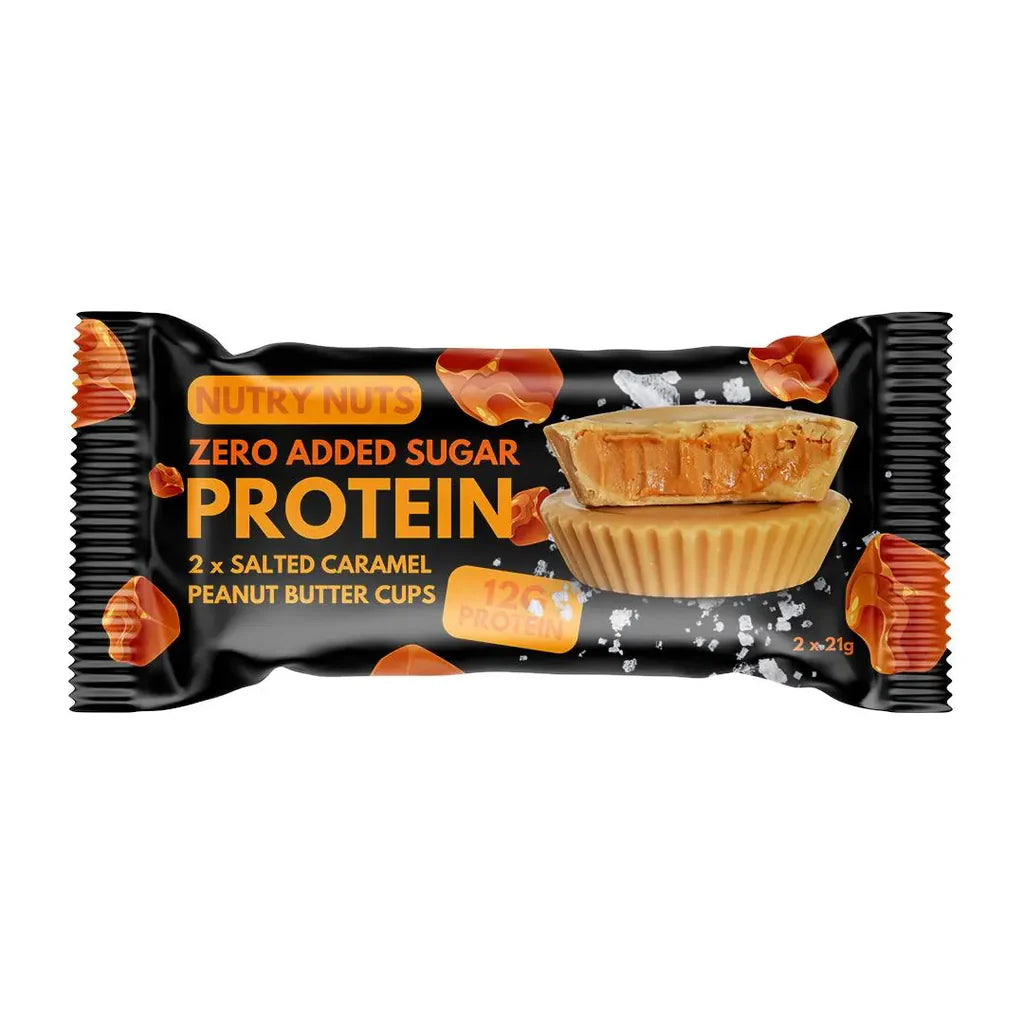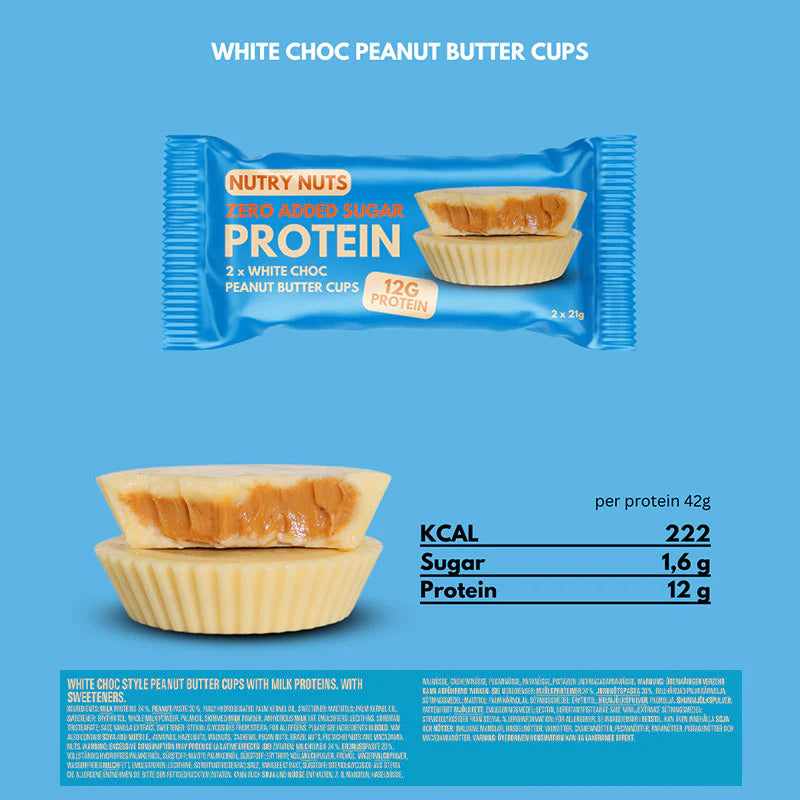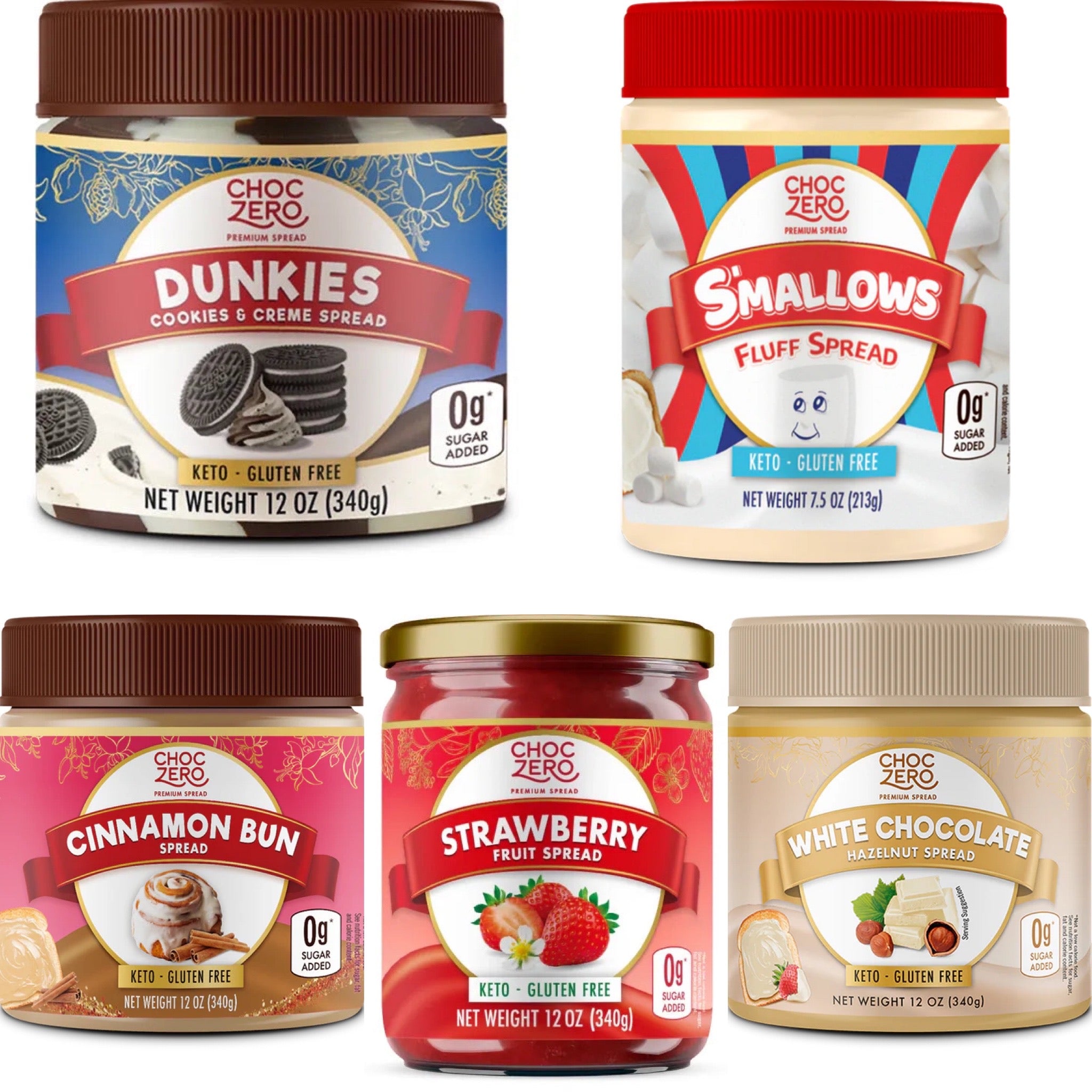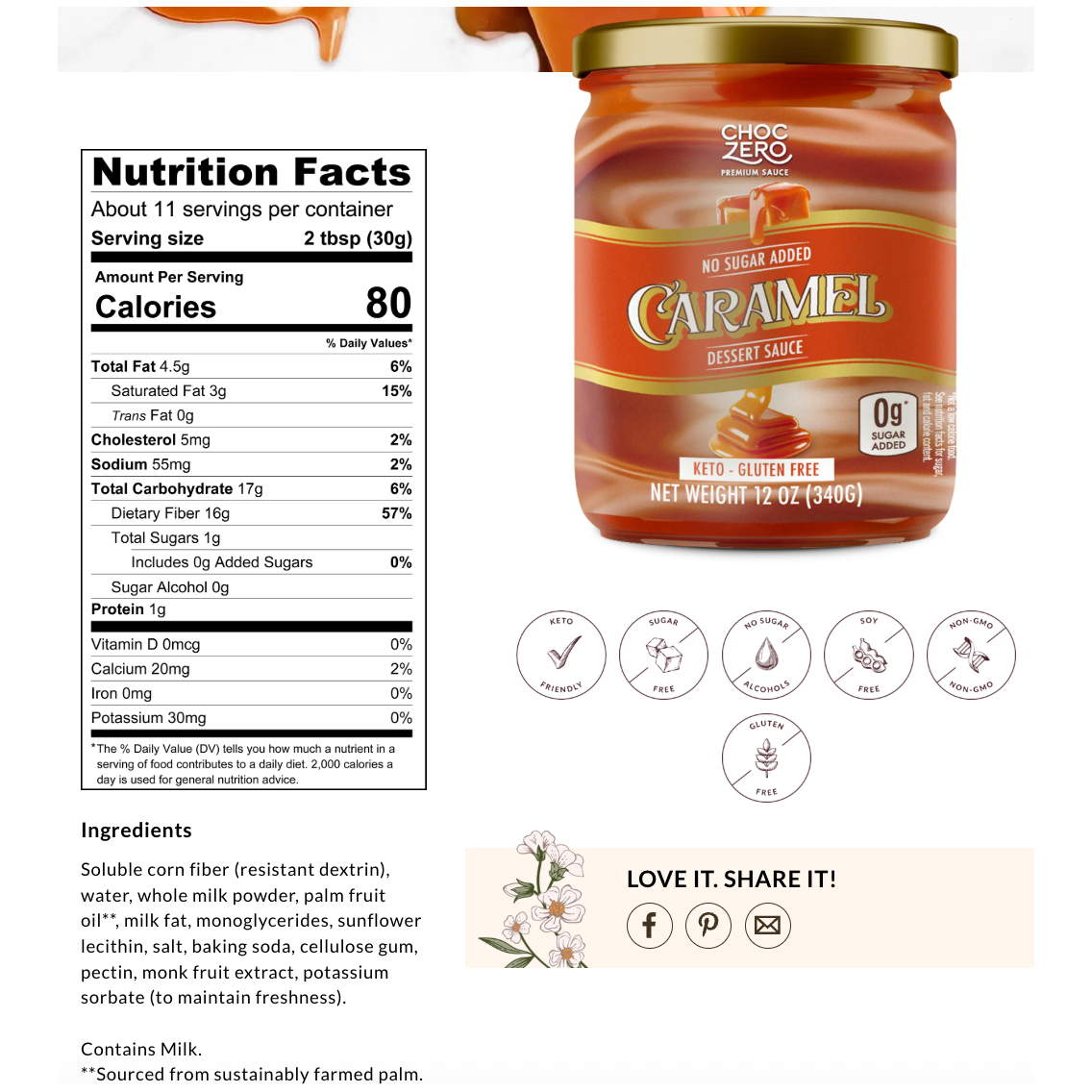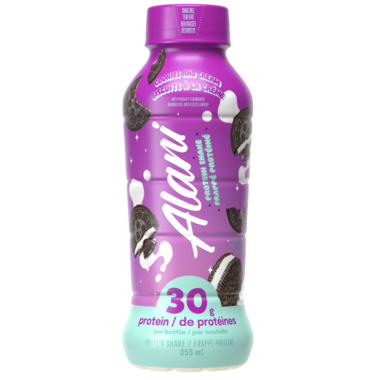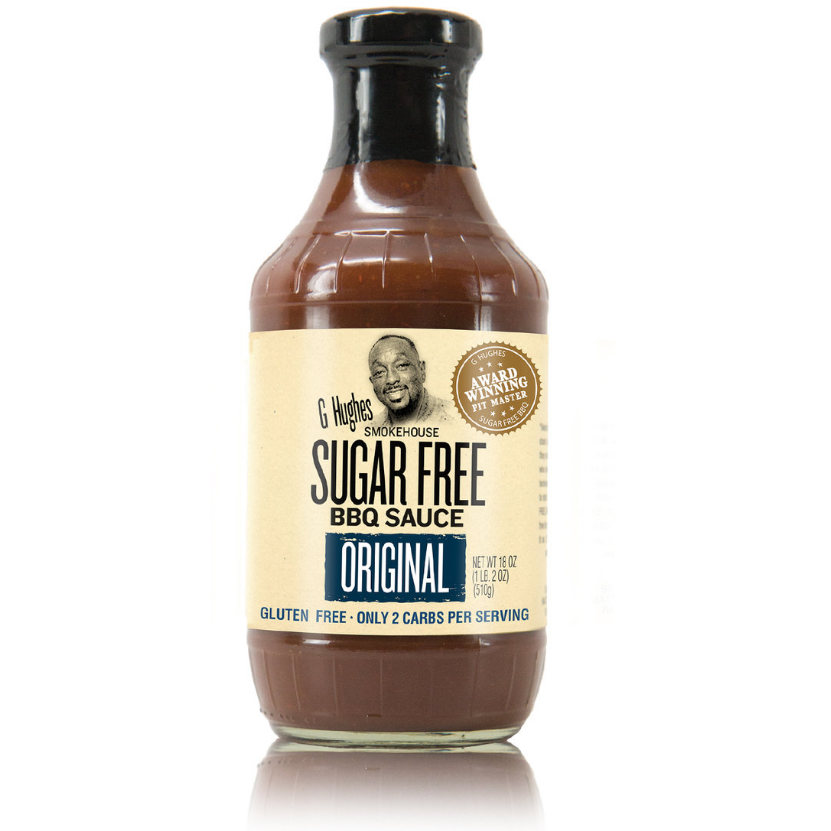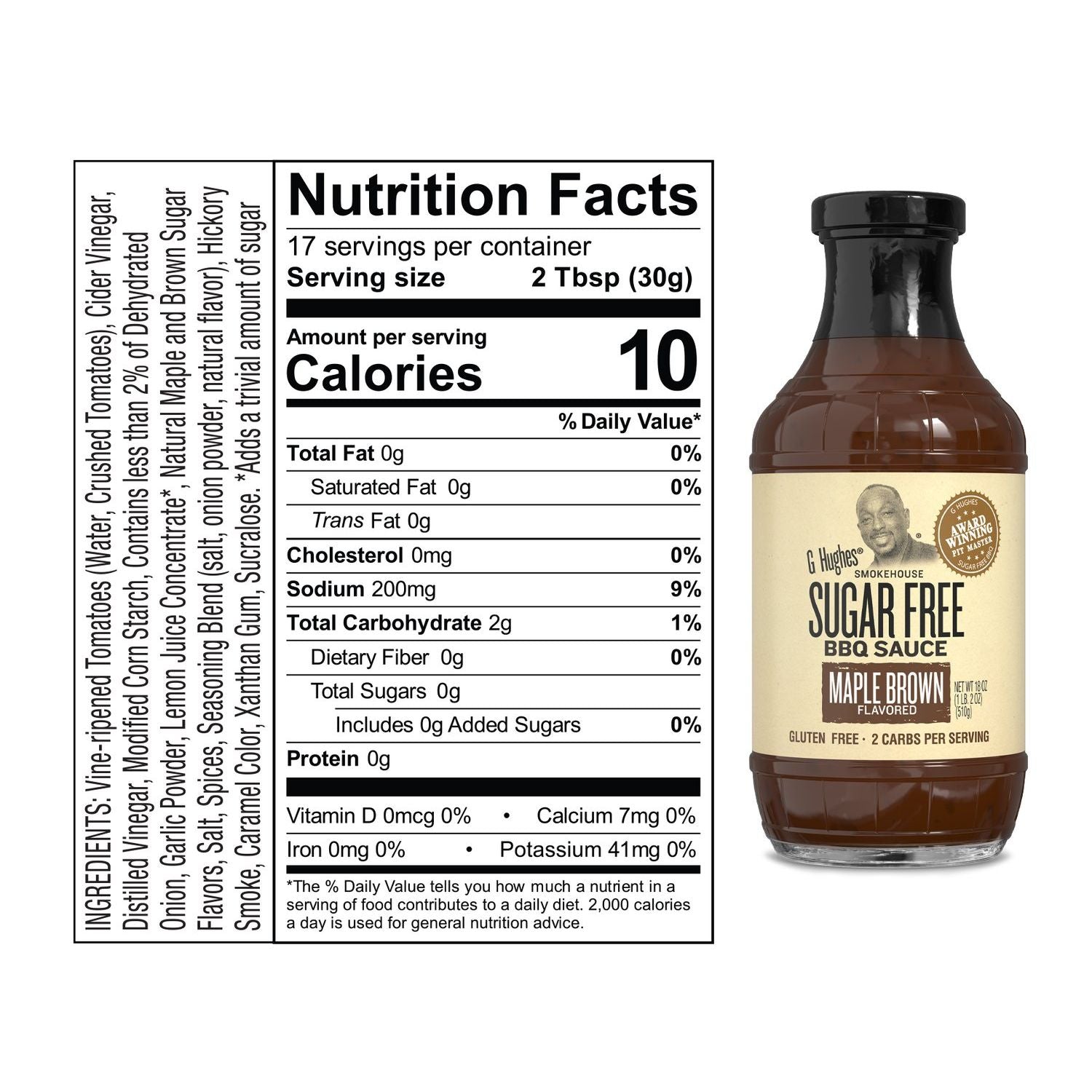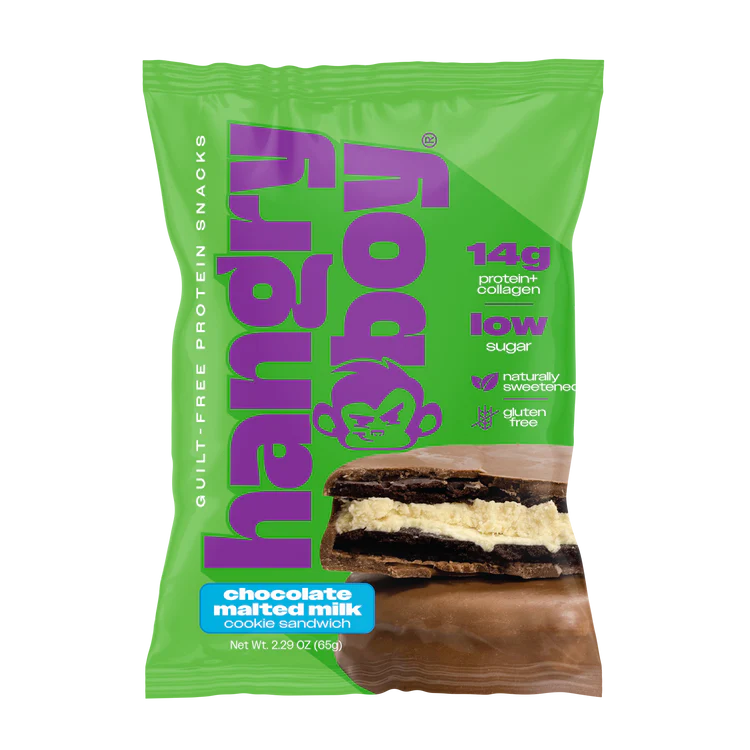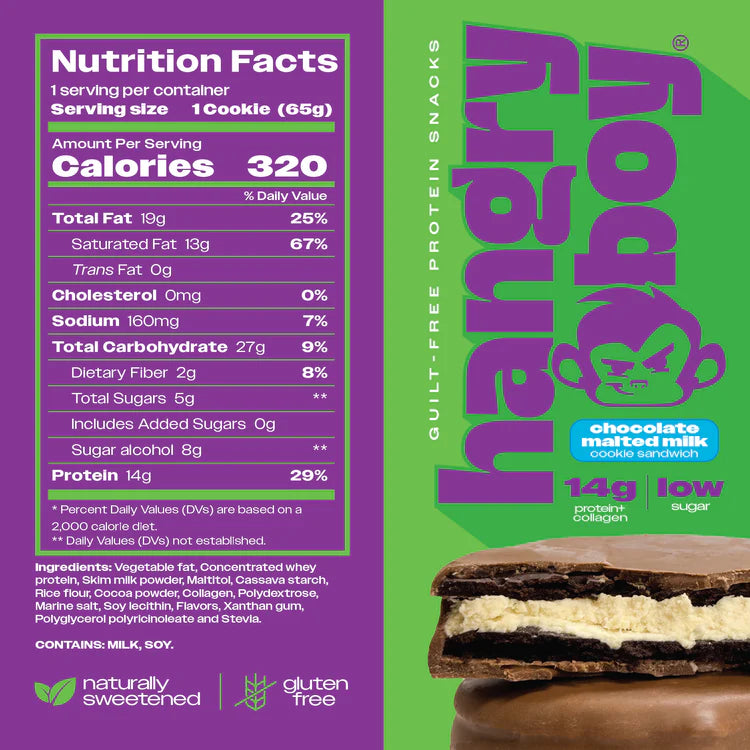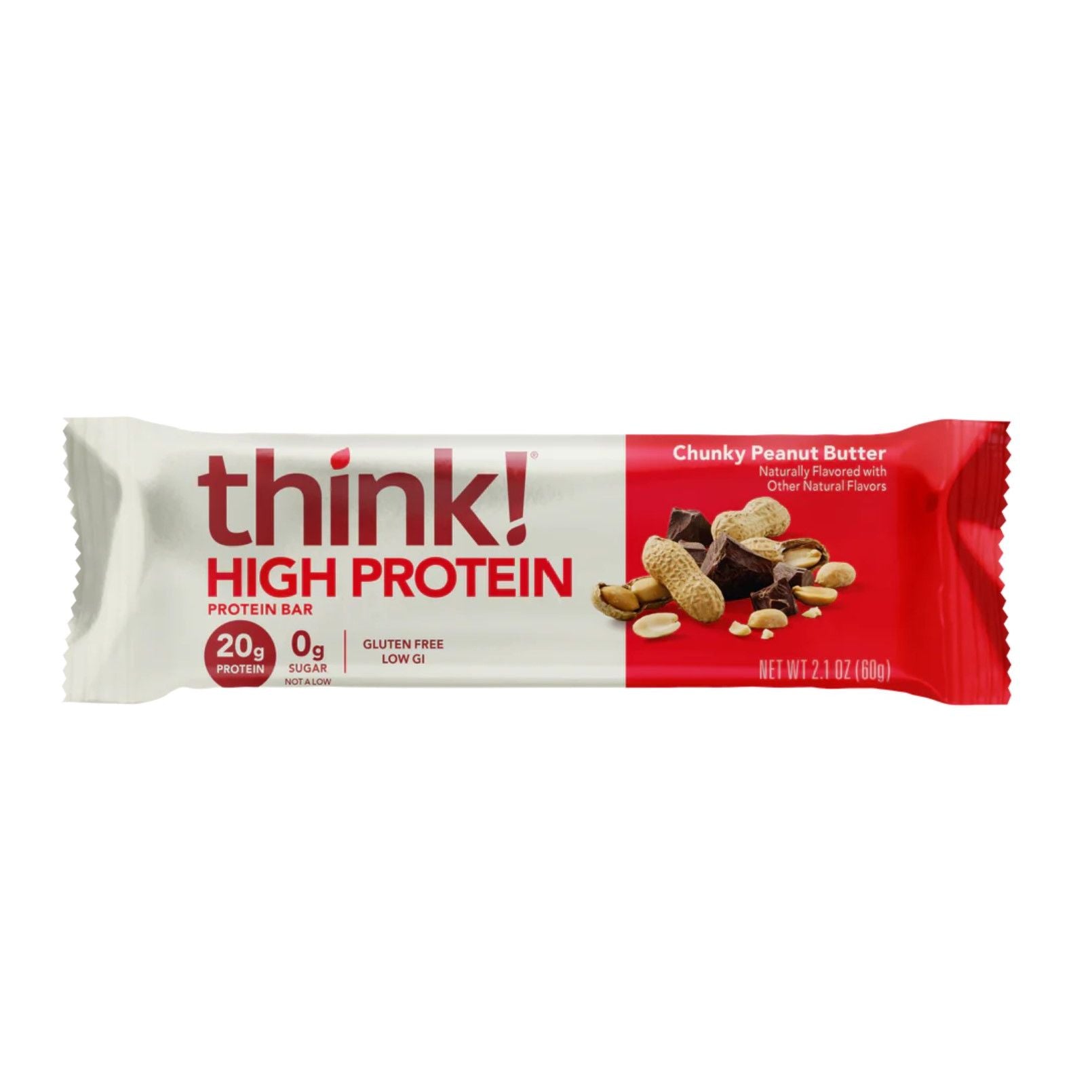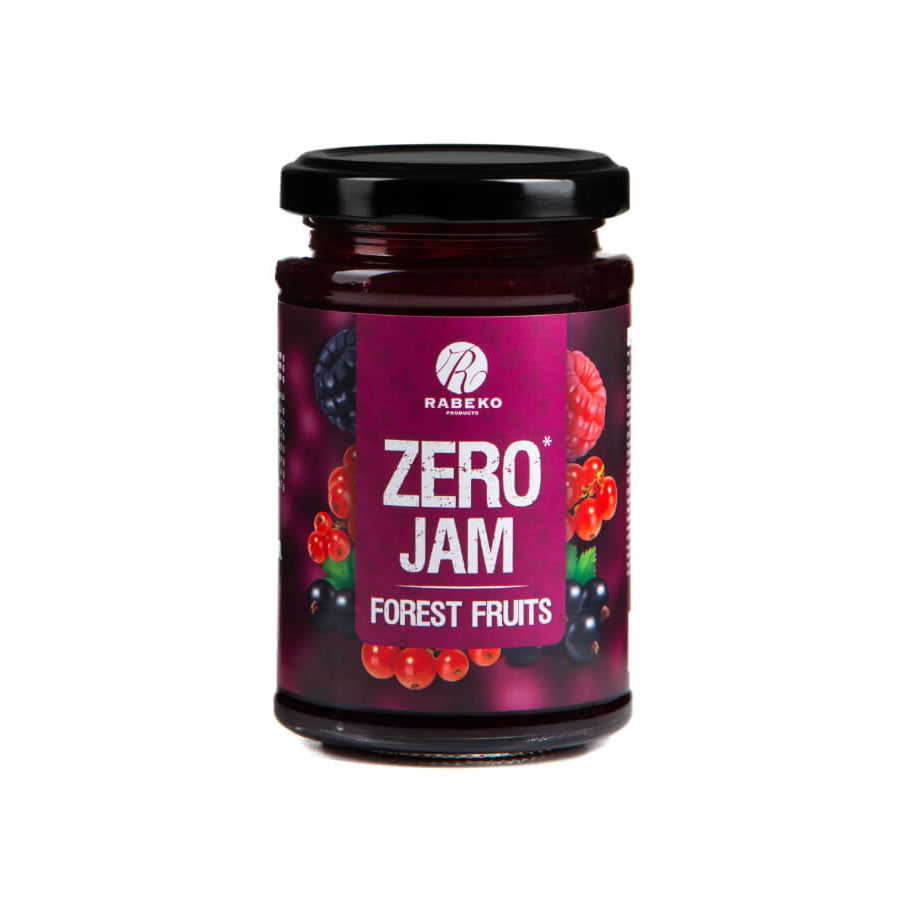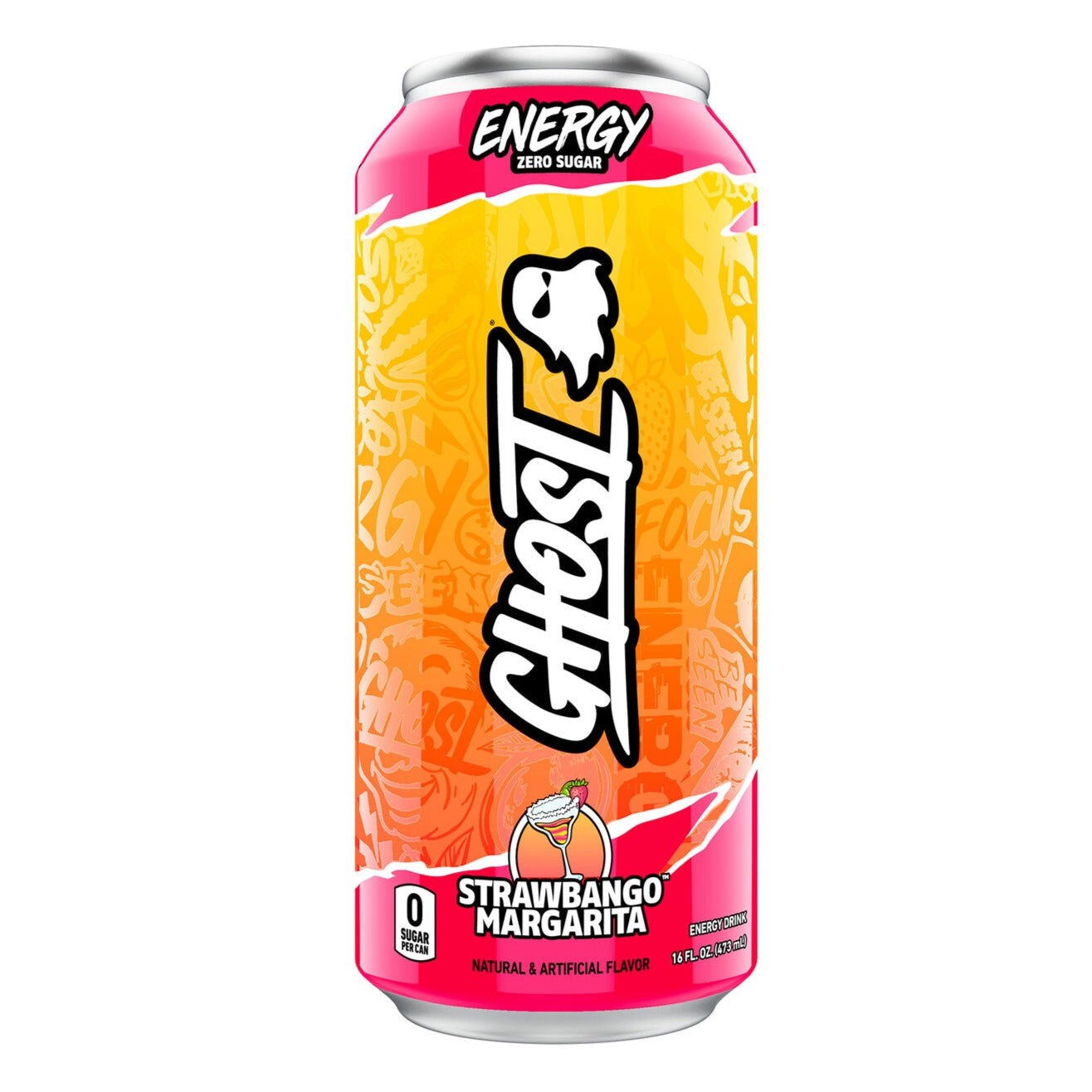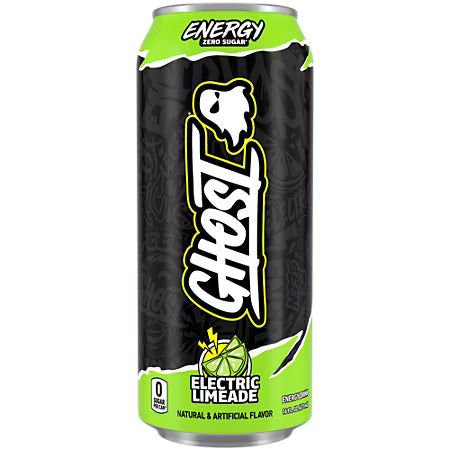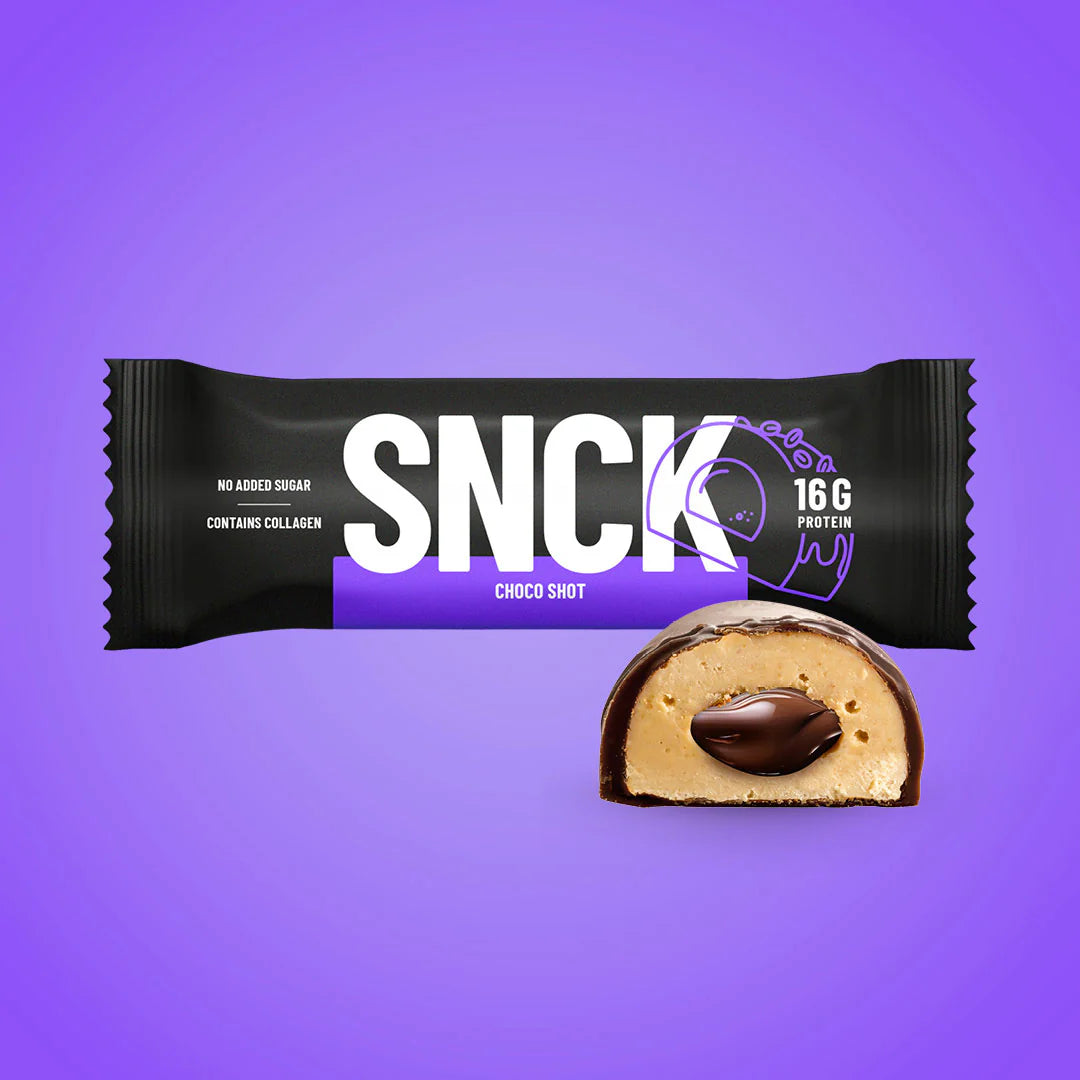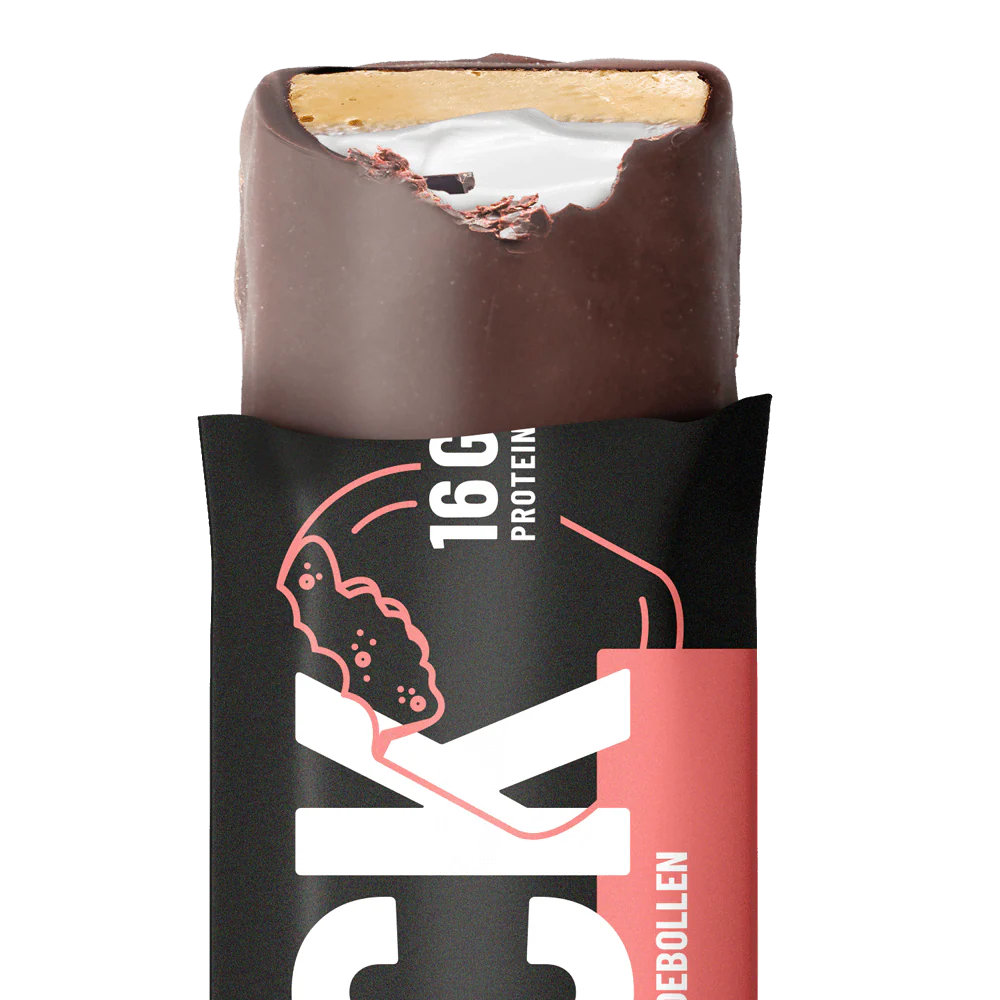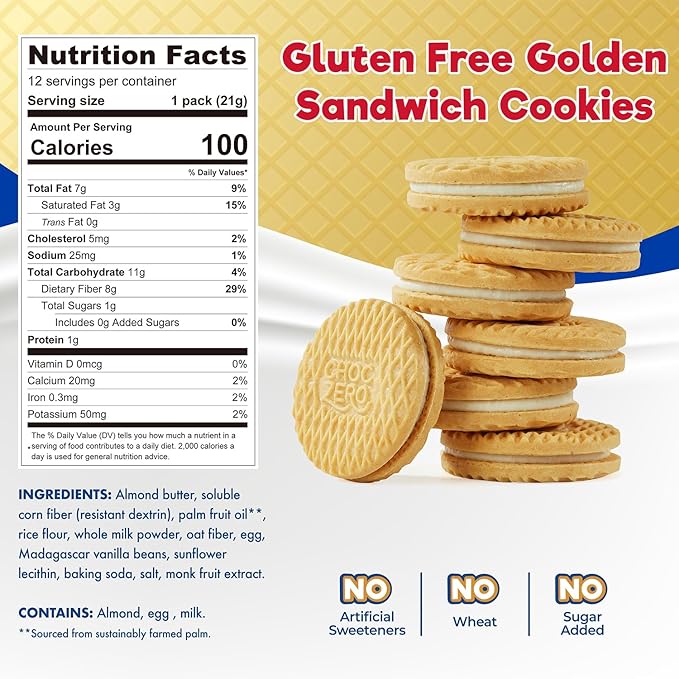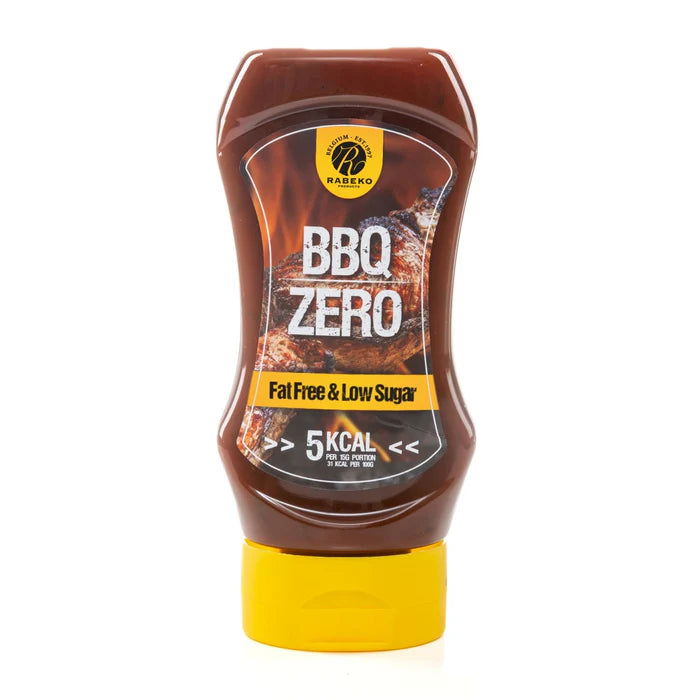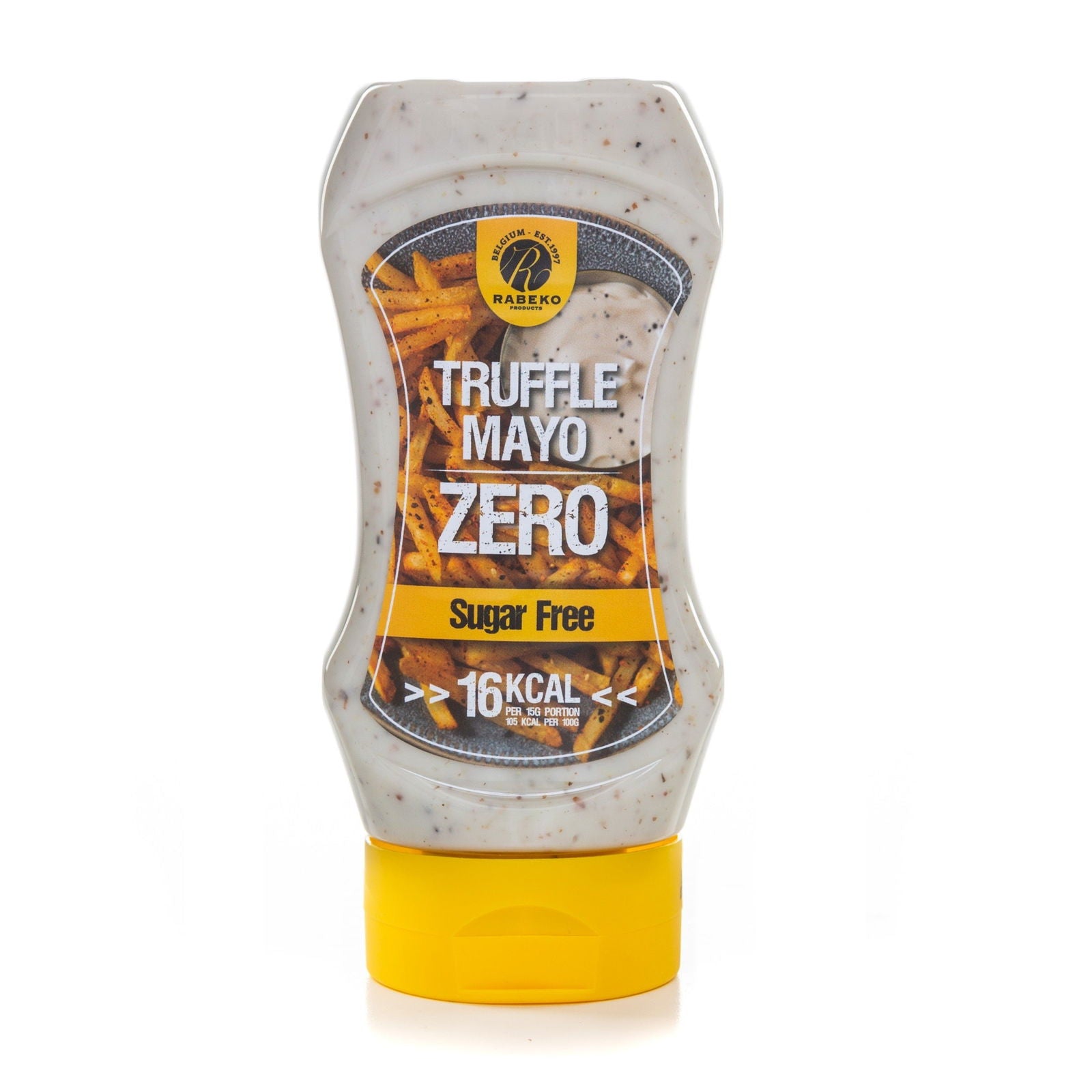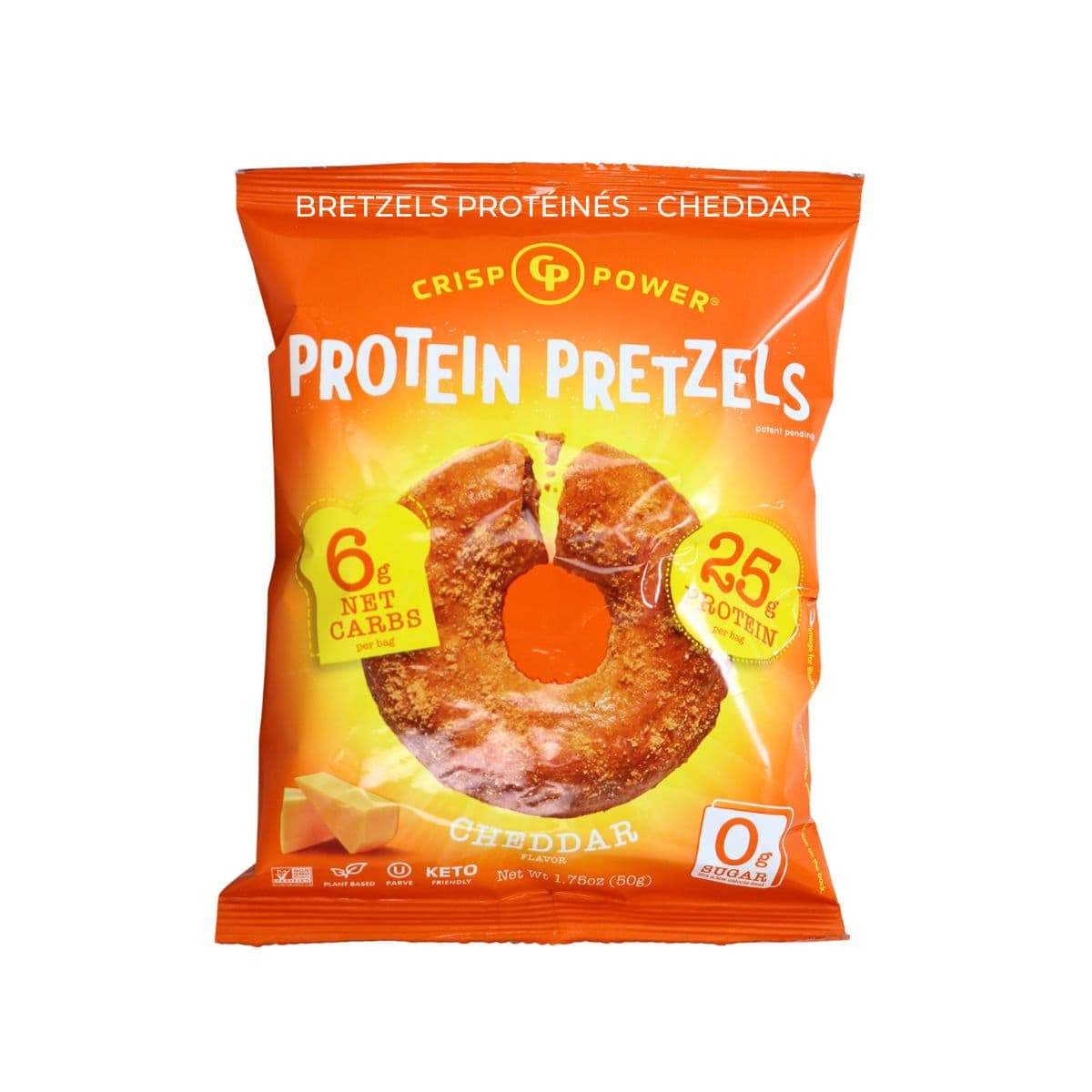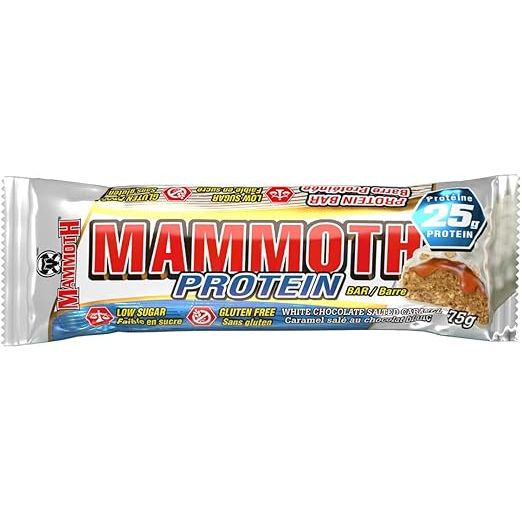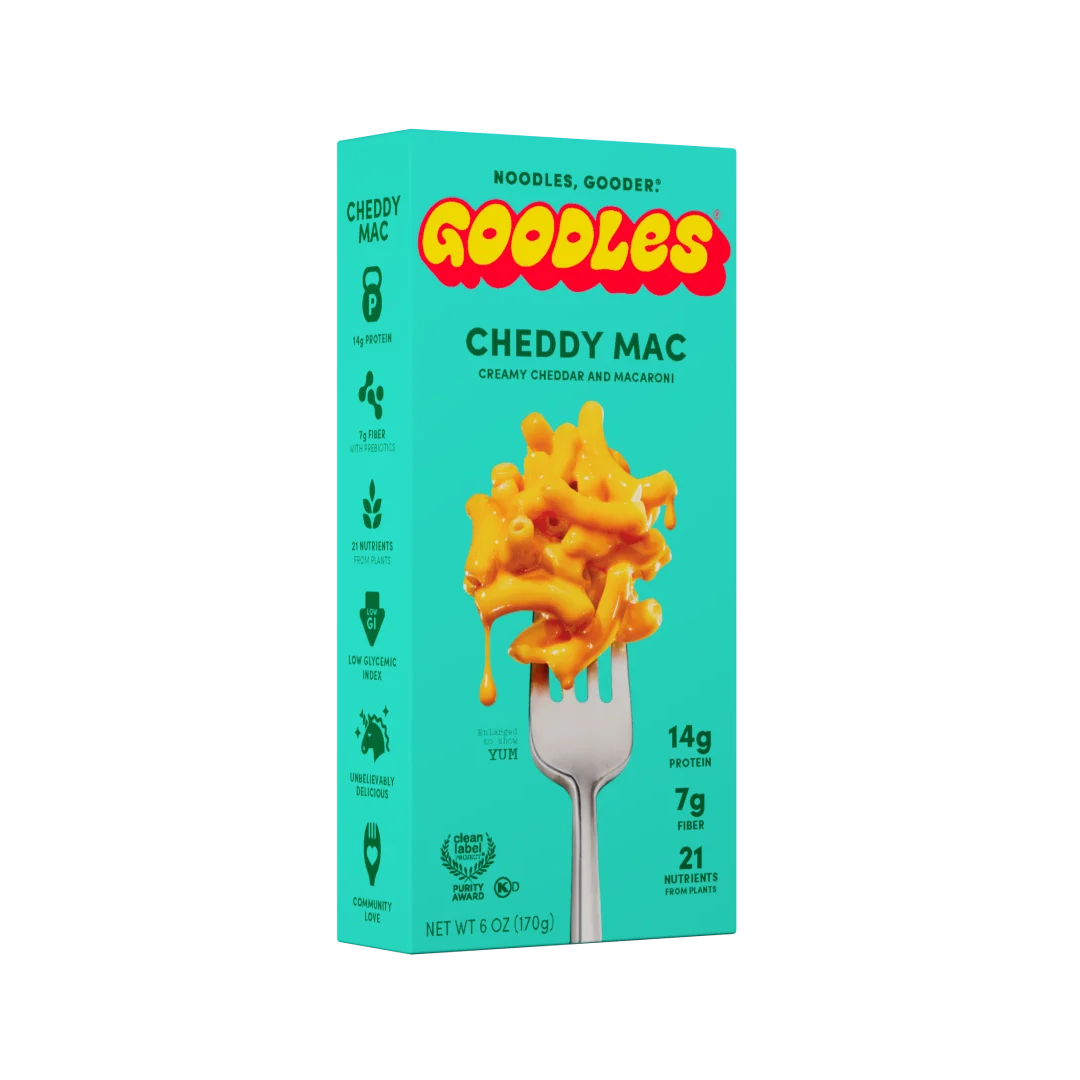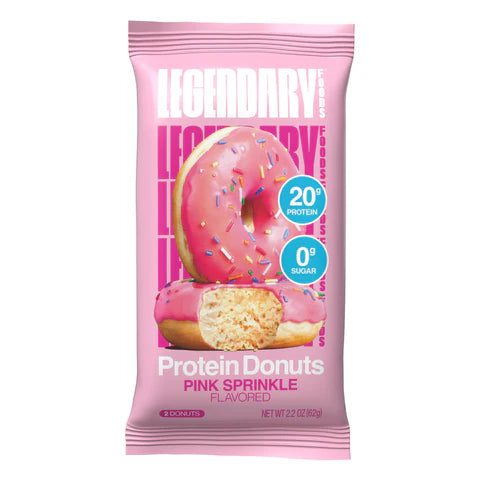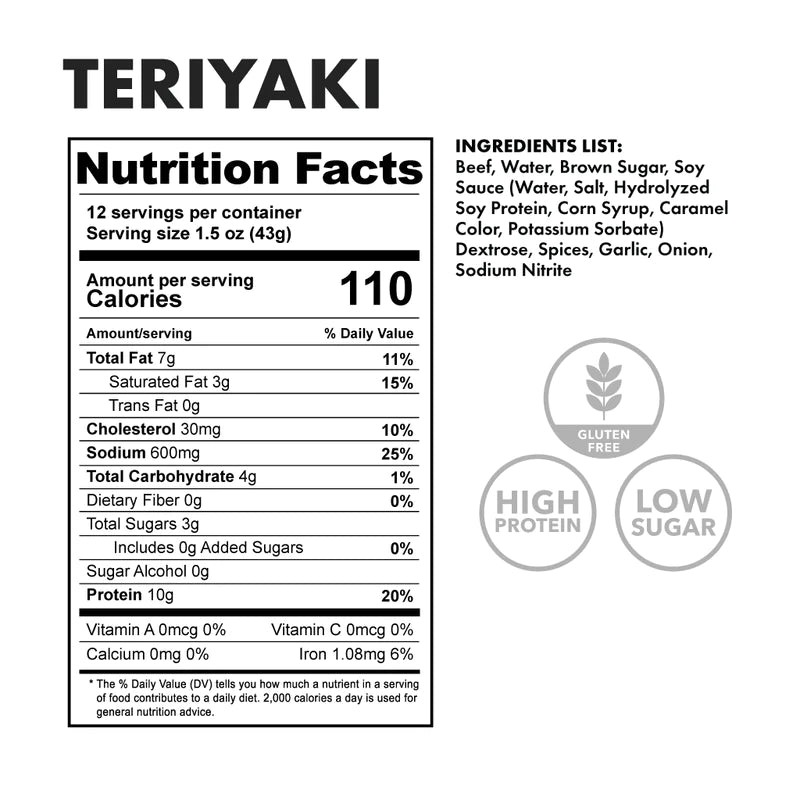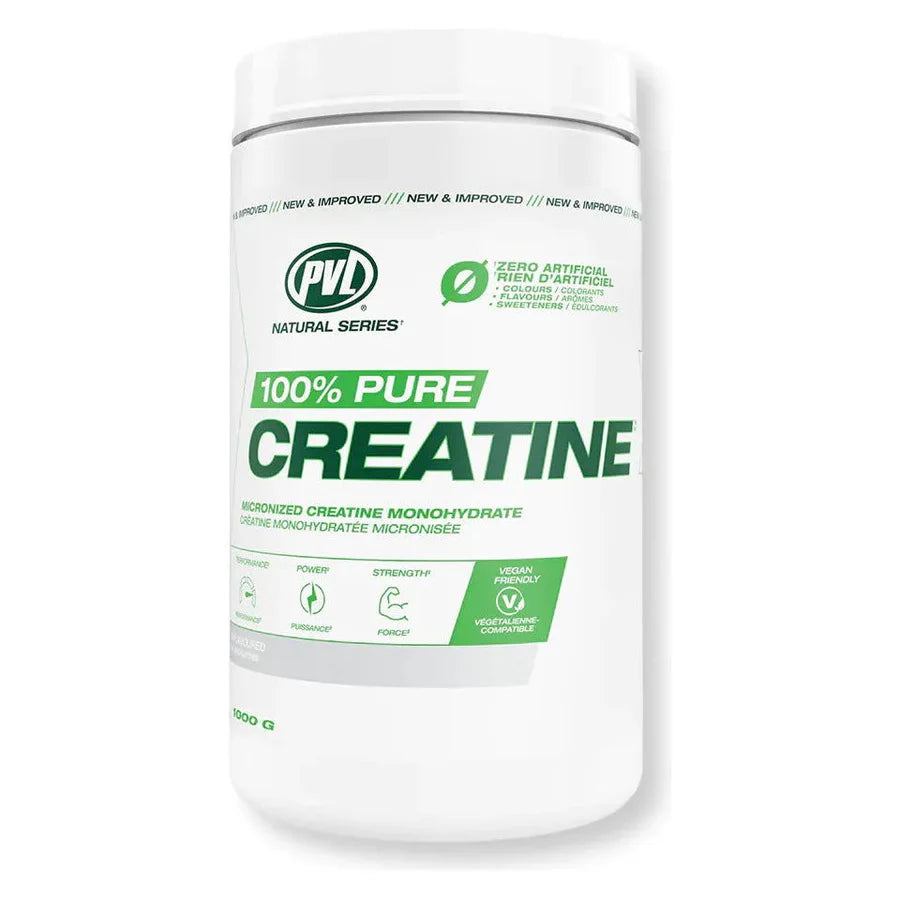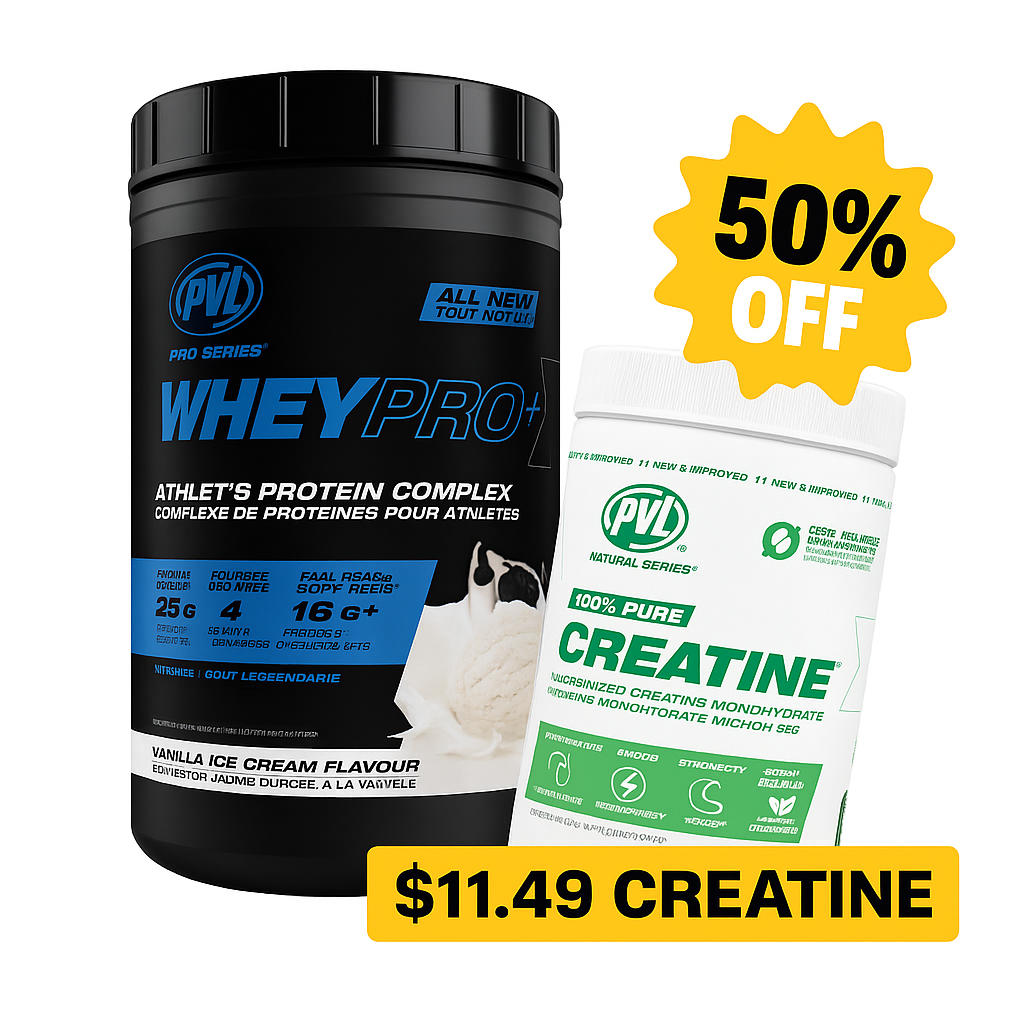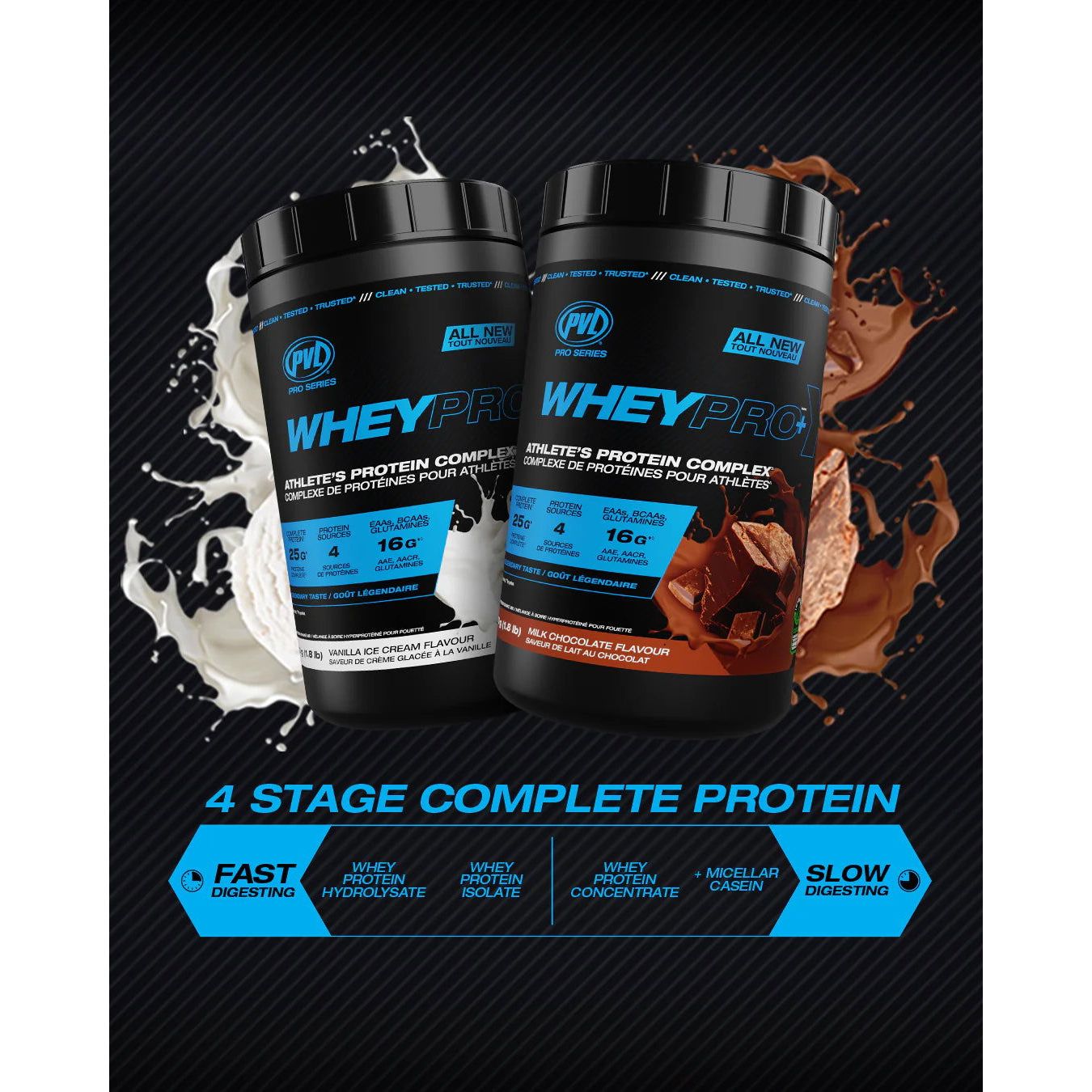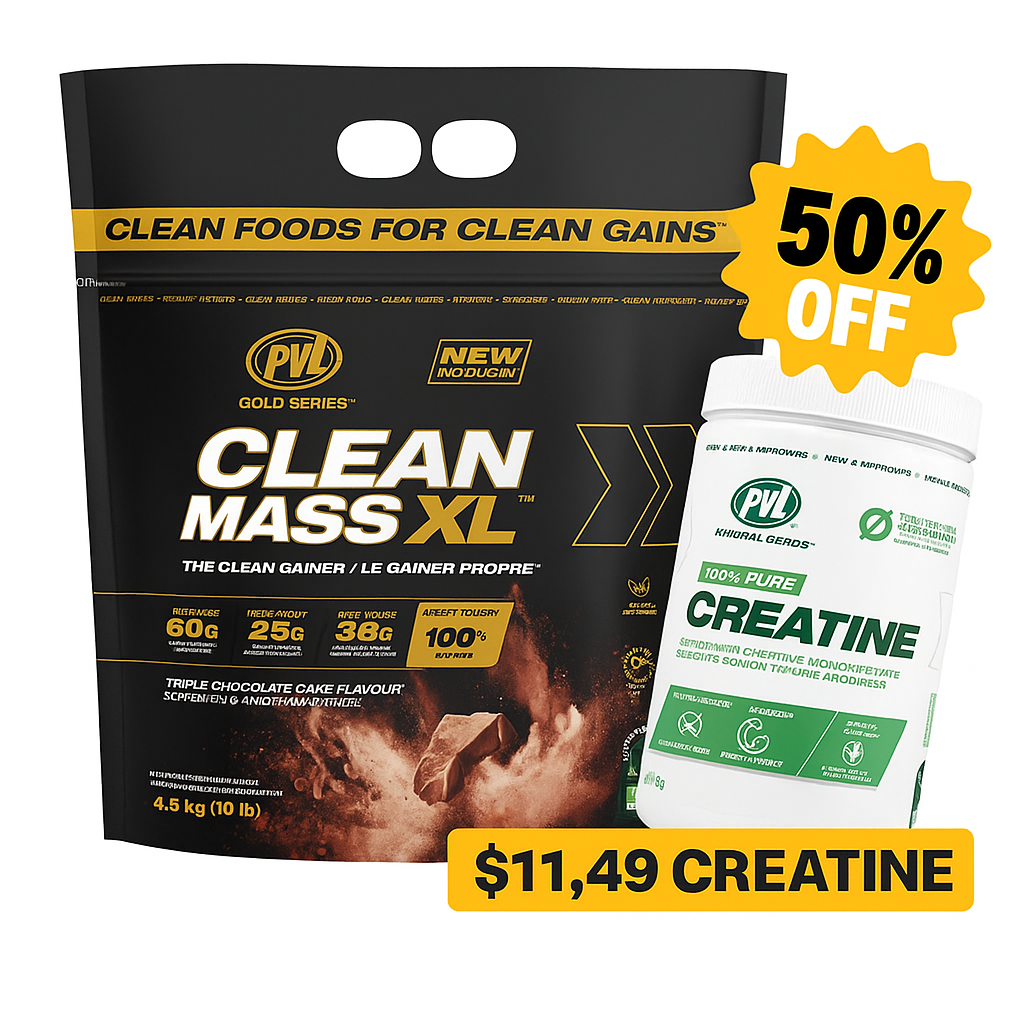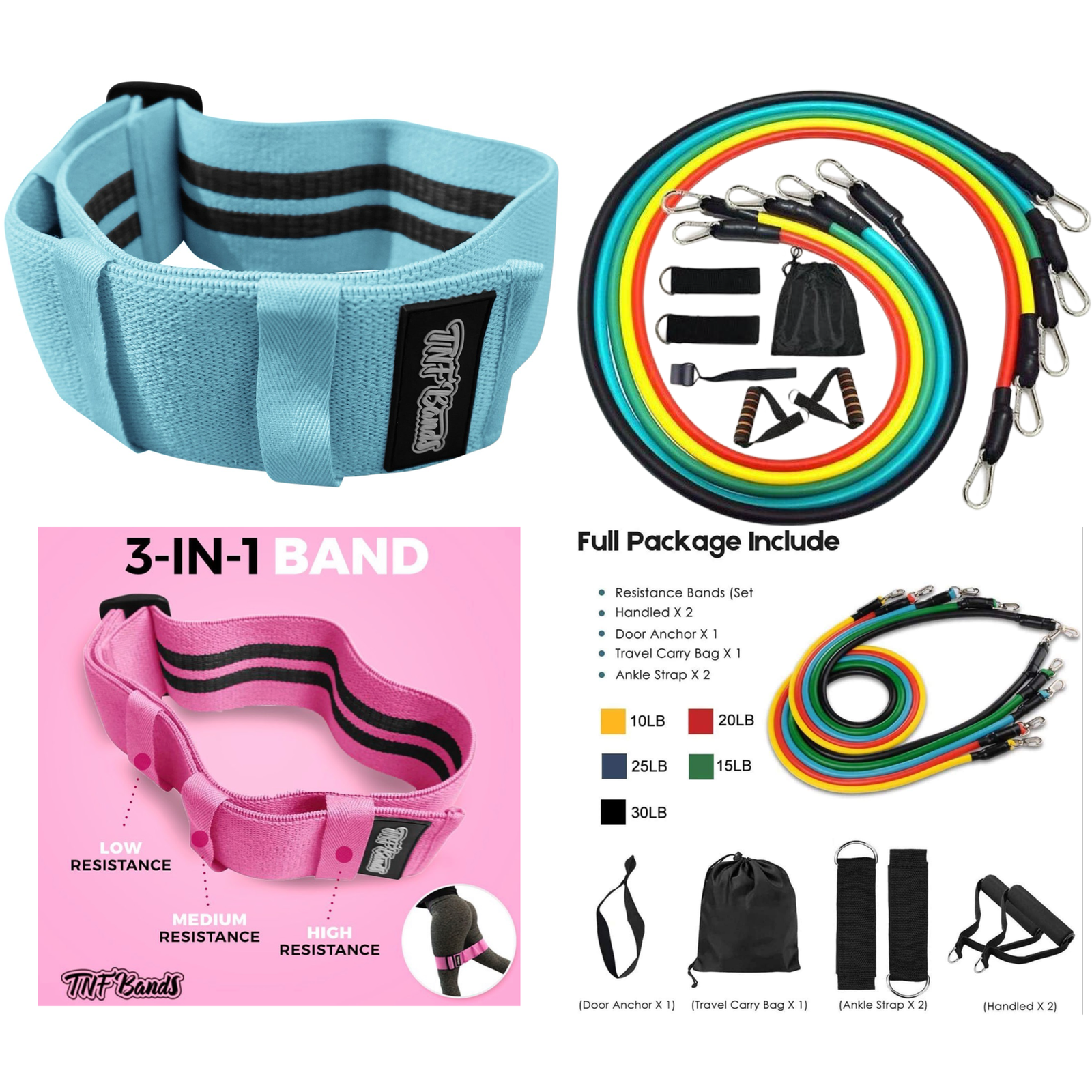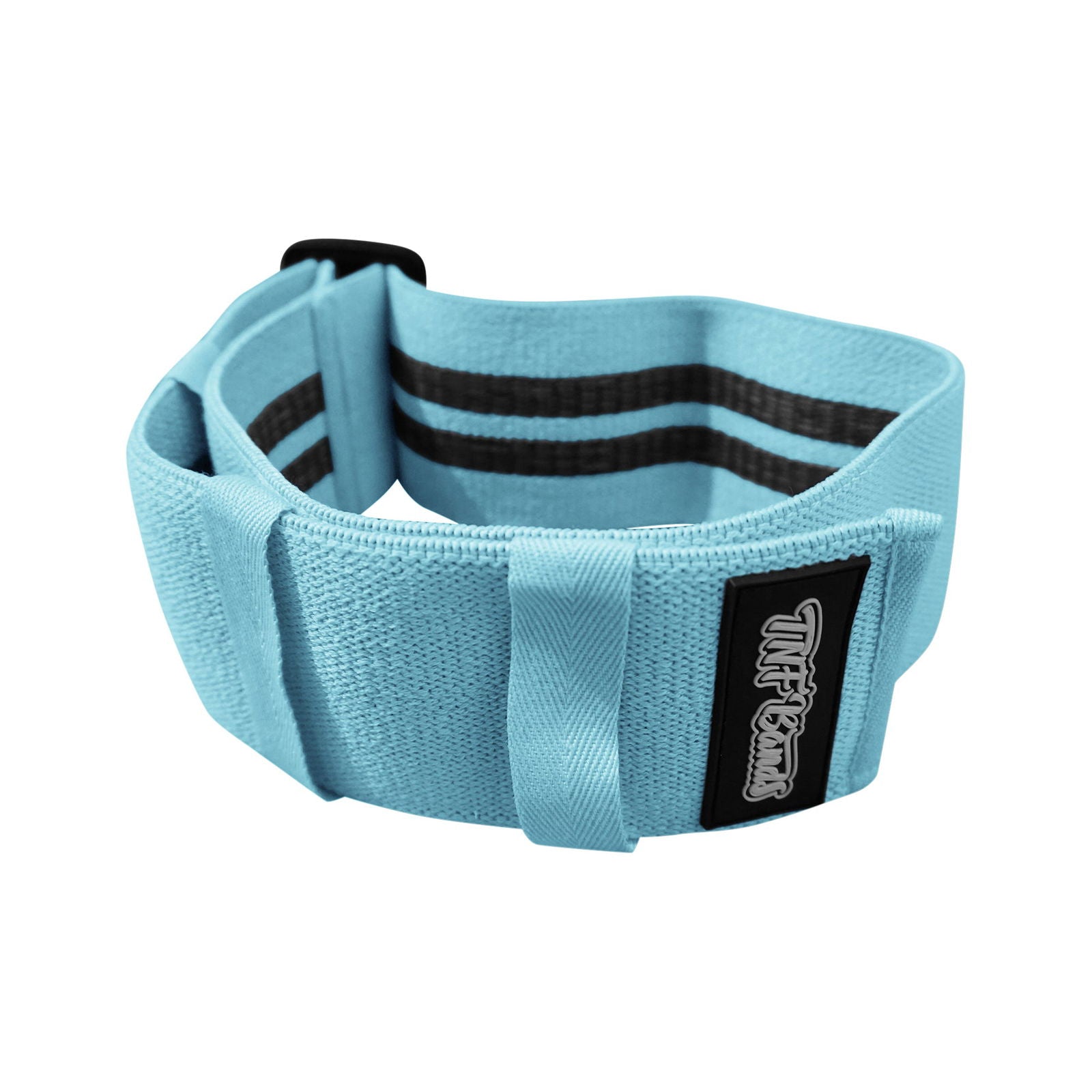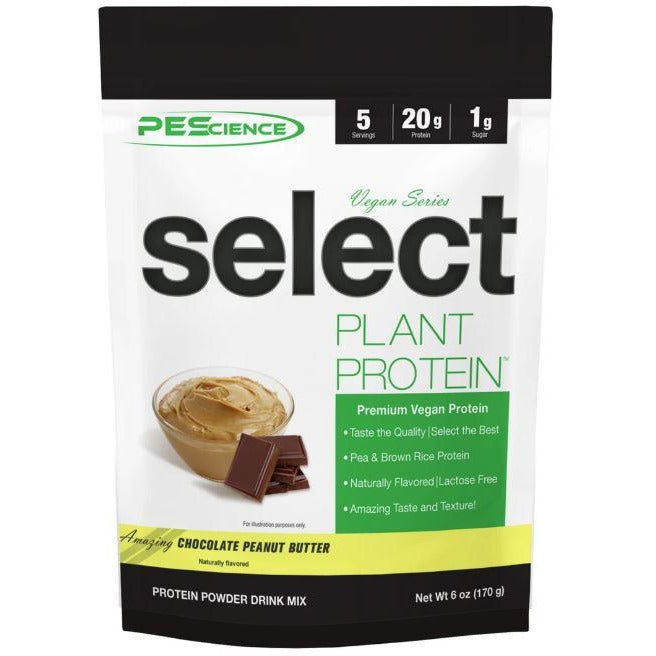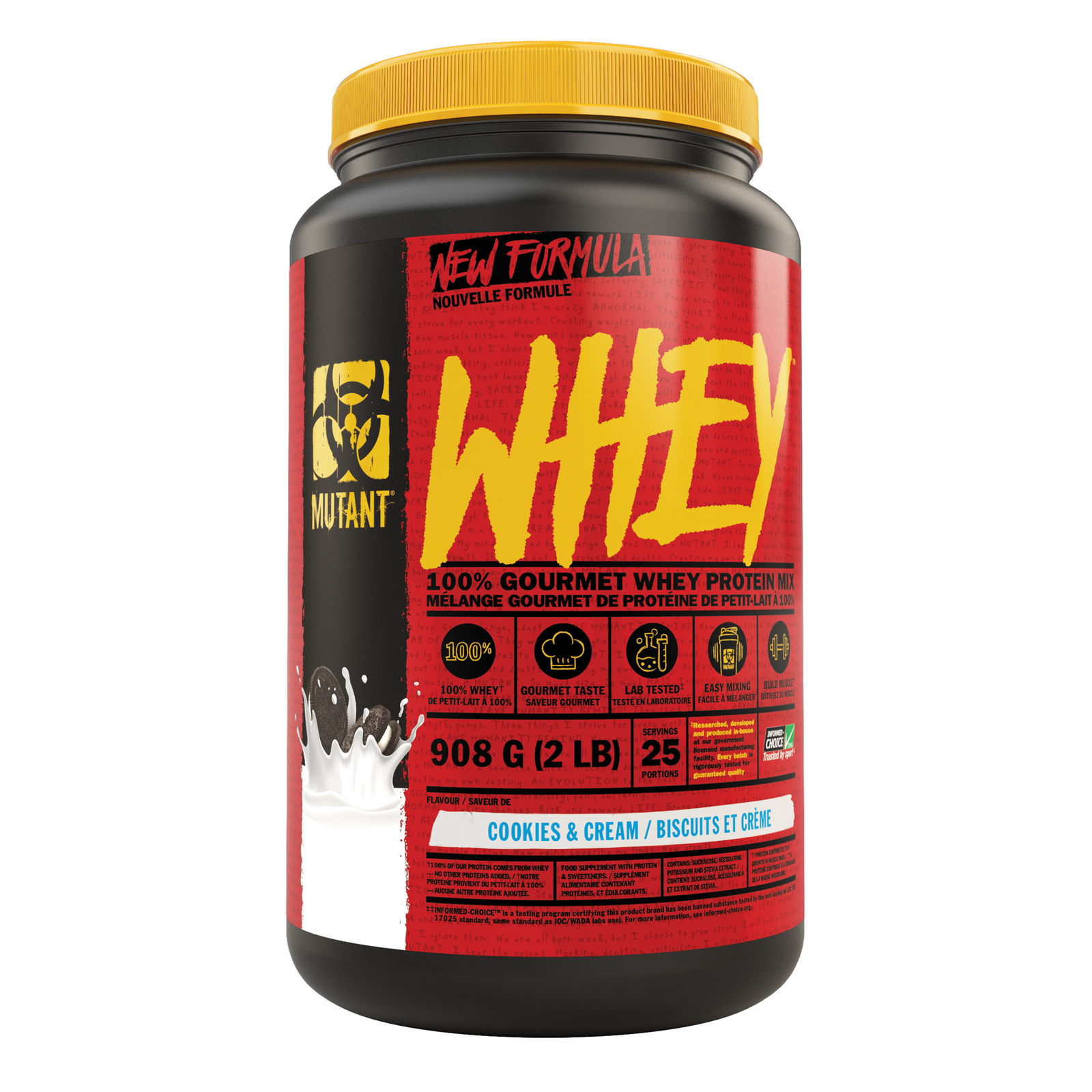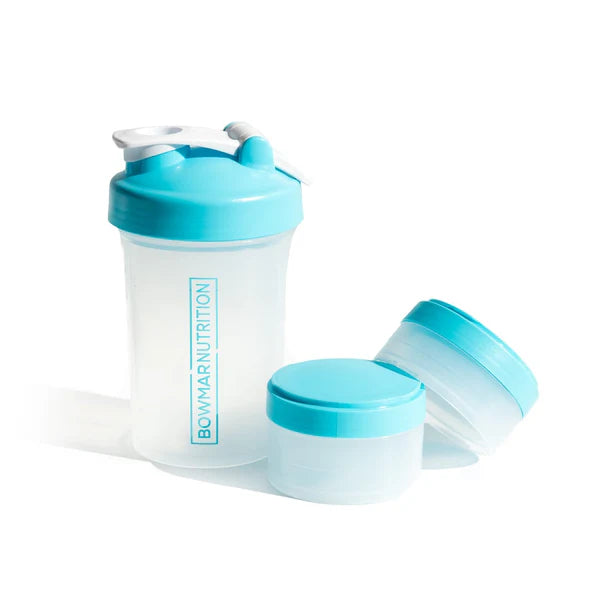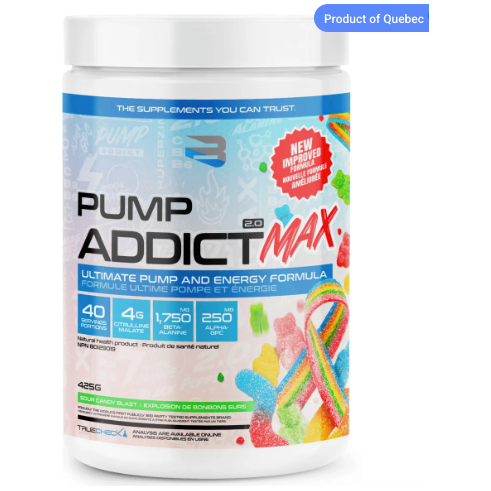Whey protein is one of the most popular supplements on the market, but there are several myths and misconceptions surrounding its use. Here are some of the most common ones:
(SHOP ALL OUR PROTEIN POWDERS HERE)
1. Whey Protein Causes Kidney Damage
-
- Myth: A common myth is that high protein intake, including whey protein, can cause kidney damage, especially in those with pre-existing kidney conditions.
- Fact: For healthy individuals, there is no evidence that moderate to high protein intake, including whey, causes kidney damage. However, people with kidney disease should be cautious and consult with a healthcare provider before increasing protein intake.
2. Whey Protein Leads to Excessive Muscle Mass
-
- Myth: Many believe that consuming whey protein will make them bulk up excessively or gain too much muscle mass.
- Fact: Whey protein supports muscle growth when combined with strength training, but simply consuming protein won’t lead to excessive muscle gain. Muscle growth requires consistent resistance training FOR YEARS, not just protein.
3. Whey Protein Is Only for Bodybuilders
-
- Myth: Some people think whey protein is only necessary for bodybuilders or athletes.
-
Fact: Whey protein is beneficial for anyone looking to increase their protein intake, whether for general health, weight management, or recovery from exercise. It’s an excellent source of high-quality protein for a wide range of people.
4. Whey Protein Is Not Vegetarian-Friendly
-
- Myth: Some people believe that whey protein is unsuitable for vegetarians because it comes from dairy.
- Fact: While whey protein is derived from milk, it is still considered vegetarian-friendly because it doesn’t involve the killing of animals. However, it is not vegan, as it is an animal-derived product. For vegetarians who avoid dairy, plant-based protein alternatives like are good options. Shop our vegan protein powders HERE.
5. Whey Protein Causes Digestive Issues
-
- Myth: Some believe that whey protein causes bloating, gas, and other digestive issues for everyone.
-
Fact: While some individuals are sensitive to whey or lactose, not everyone experiences digestive discomfort. For those who are lactose intolerant, whey isolate (which contains less lactose) or plant-based proteins may be a better option. Many brands also add digestive enzymes, such as lactase, to help with digestion and improve tolerance for those with mild sensitivities.
6. Whey Protein Raises Blood Sugar
-
- Myth: There's a widespread belief that whey protein causes an increase in blood sugar levels, making it unsuitable for people with diabetes.
- Fact: Whey proteins use non-caloric sweeteners (like sucralose and stevia), meaning it doesn't affect blood sugar levels the way sugar does. Studies have shown that it doesn't cause a spike in blood glucose, making it a suitable alternative for people with diabetes.
7. All Whey Protein Is the Same
-
- Myth: Some believe that all whey protein powders are identical in quality and effectiveness.
- Fact: There are different types of whey protein, such as whey concentrate, isolate, and hydrolysate, which vary in protein content, digestion speed, and other properties. It's important to choose the type that aligns with your specific goals and needs.
8. Whey Protein Makes You Gain Weight
-
- Myth: Since whey protein is often associated with muscle growth, some assume it leads to fat gain.
- Fact: Whey protein, in and of itself, won’t cause weight gain unless you're consuming it in excess of your daily caloric needs. It's actually helpful for weight management, as it supports muscle maintenance and fat loss when combined with a proper diet and exercise plan.
9. Whey Protein Can Replace All Meals
-
- Myth: Some believe that whey protein can serve as a meal replacement on its own.
- Fact: While whey protein can supplement a diet and contribute to daily protein intake, it shouldn’t be the sole source of nutrition. A balanced diet with a variety of nutrients from whole foods is essential for overall health.
10. Whey Protein Can Cause Acne
-
- Myth: There are claims that whey protein causes acne or other skin problems.
- Fact: While some individuals may experience acne from dairy products, the relationship between whey protein and acne is not conclusive. If someone suspects whey is causing skin issues, they can try switching to a different type of protein or speak with a dermatologist.
11. There Are Different Whey Proteins for Women and Men
-
- Myth: Many believe that there are specific whey proteins formulated differently for women and men.
- Fact: There is no need for different whey proteins based on gender. Whey protein is simply a source of high-quality protein, and its benefits are the same for both men and women. The choice of protein should be based on individual needs, goals, and dietary preferences, not gender.
12. You Shouldn't Consume Whey Protein on Days You Don't Workout
-
- Myth: Some people believe that whey protein should only be consumed on workout days for optimal results.
- Fact: Whey protein can be beneficial every day, even on rest days. It helps meet daily protein requirements, supports muscle repair, and promotes recovery, even when you're not working out. If you’re looking to maintain muscle mass or support overall health, consuming whey protein daily can be part of a balanced diet.
13. When You Stop Taking Protein, You Lose All Your Muscle
-
- Myth: A common misconception is that discontinuing whey protein will result in the loss of all your muscle mass.
- Fact: Muscle loss occurs when there is a lack of overall protein intake or insufficient resistance training over time, not simply from stopping protein supplementation. If you stop taking whey protein but continue to consume adequate protein from other sources (e.g., food), muscle mass should be maintained. The key to maintaining muscle is consistent training and a balanced diet.
14. It’s Better to Have Food After Your Workout Instead of Protein Powder
-
- Myth: Some believe that eating whole food is superior to consuming protein powder after a workout.
-
Fact: While whole foods are important, protein powder is digested faster, which can be beneficial post-workout for muscle recovery. Whey protein, in particular, is rapidly absorbed, providing a quick source of amino acids to support muscle repair right after exercise. It can be a convenient option when you need to meet your protein needs quickly.
Conclusion
Whey protein is a versatile and highly beneficial supplement, but it’s important to differentiate between myths and facts to make informed decisions about its use. If you're unsure about how it fits into your diet or fitness goals, consulting with a nutritionist or healthcare professional can be helpful.
Have you encountered any of these myths about whey protein before?
(SHOP ALL OUR PROTEIN POWDERS HERE)

